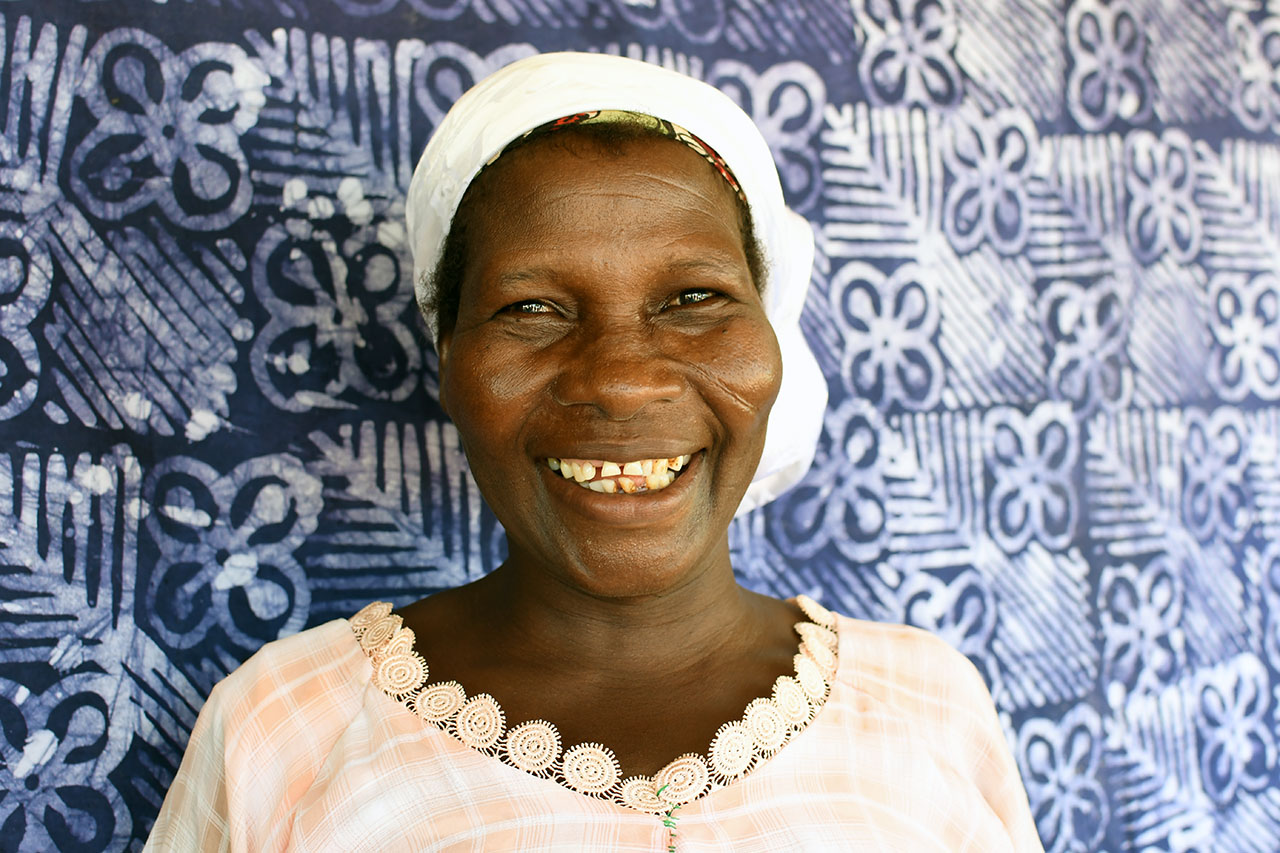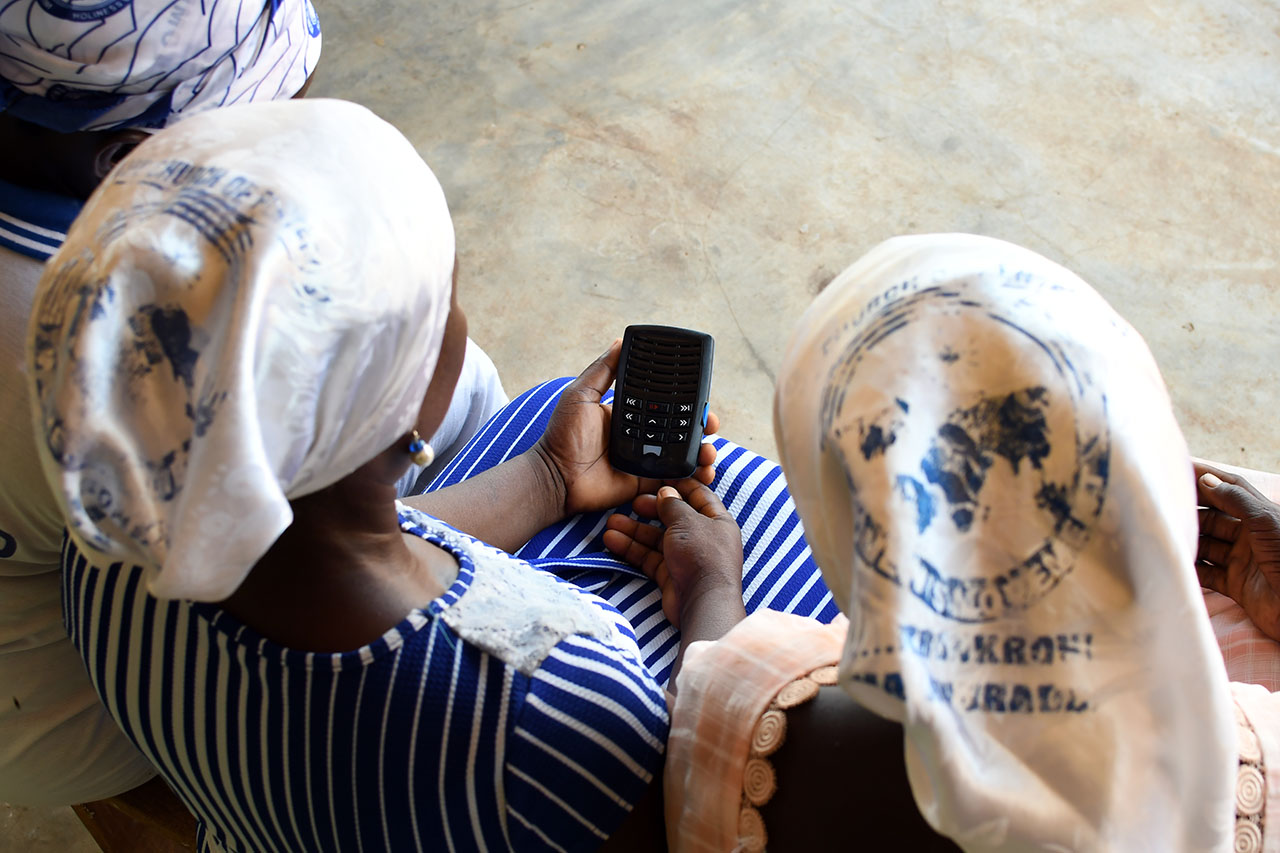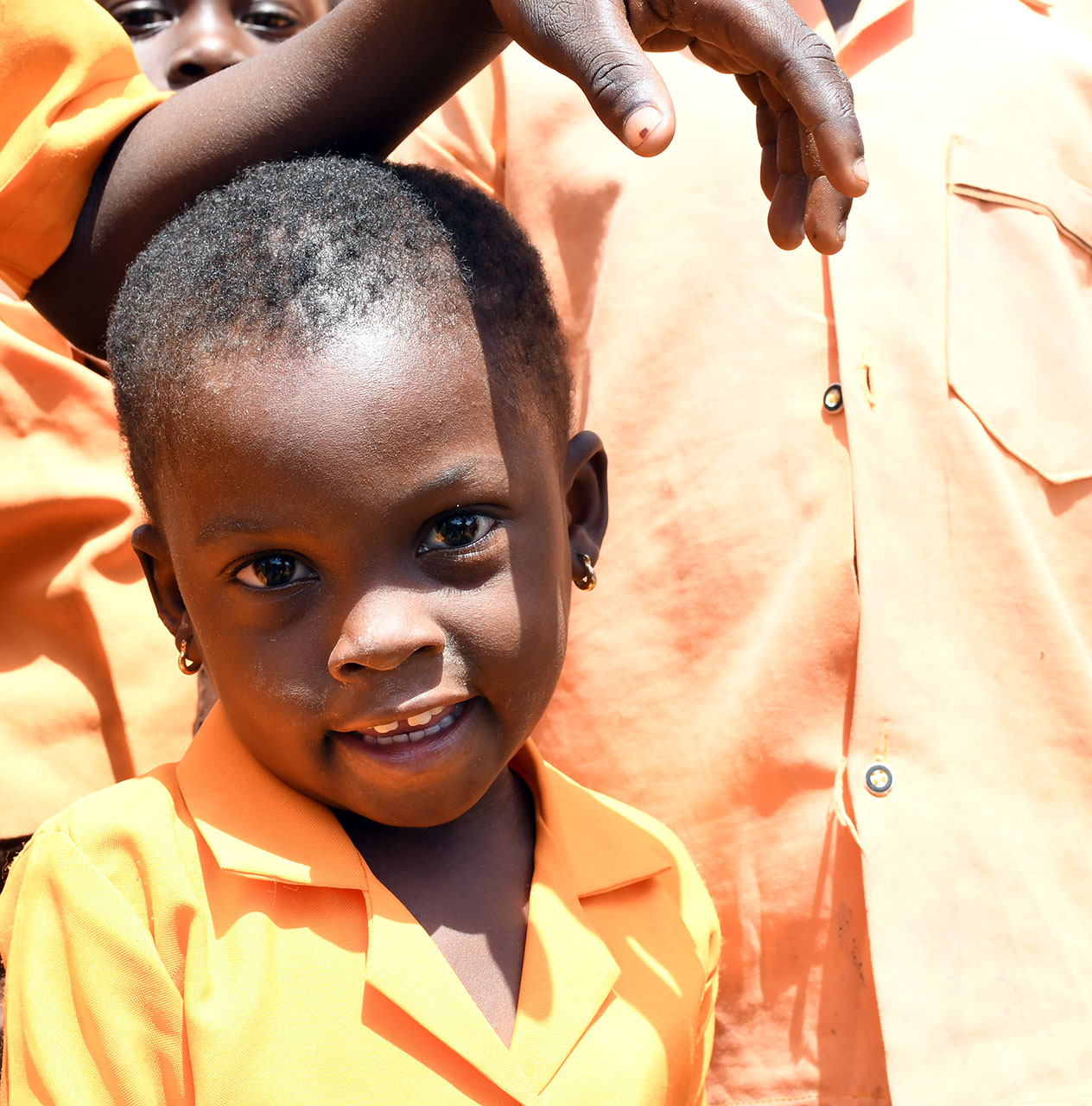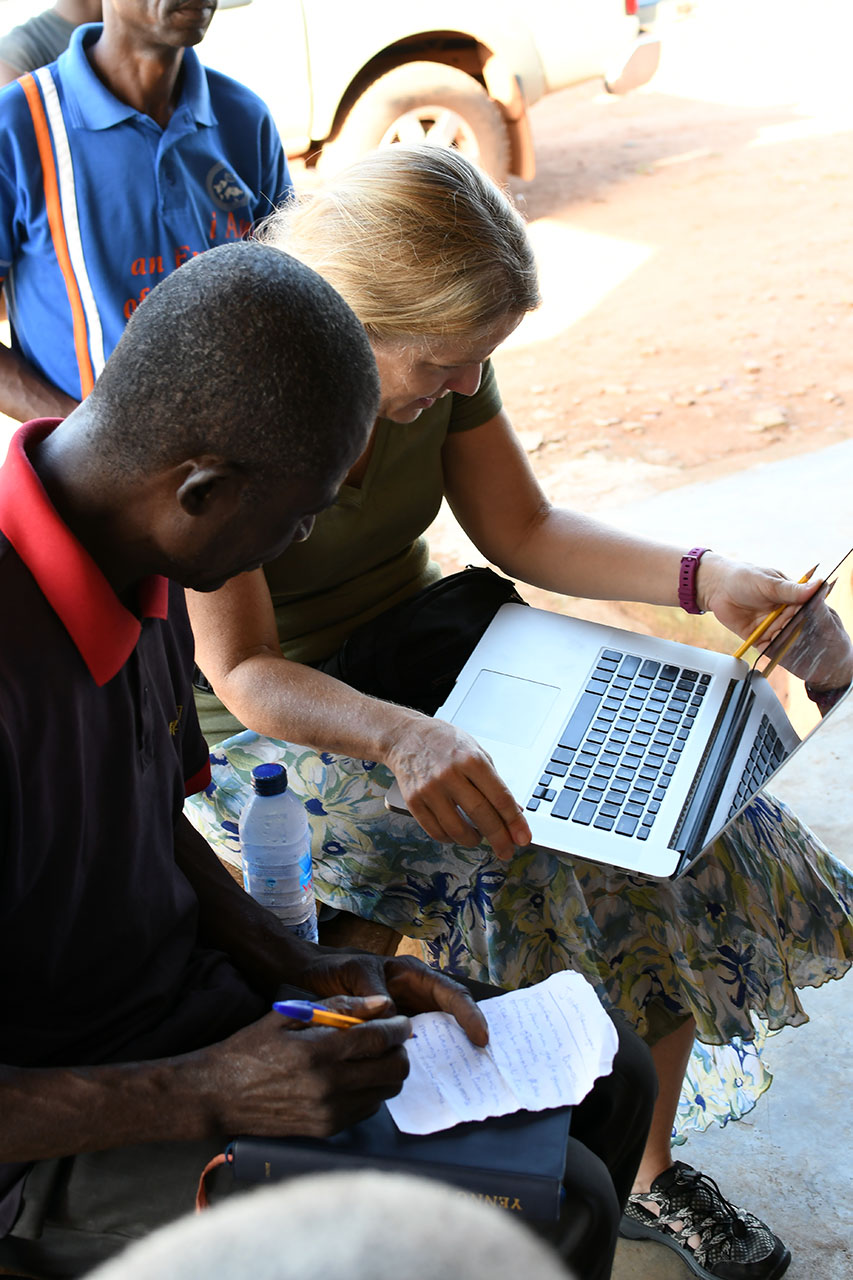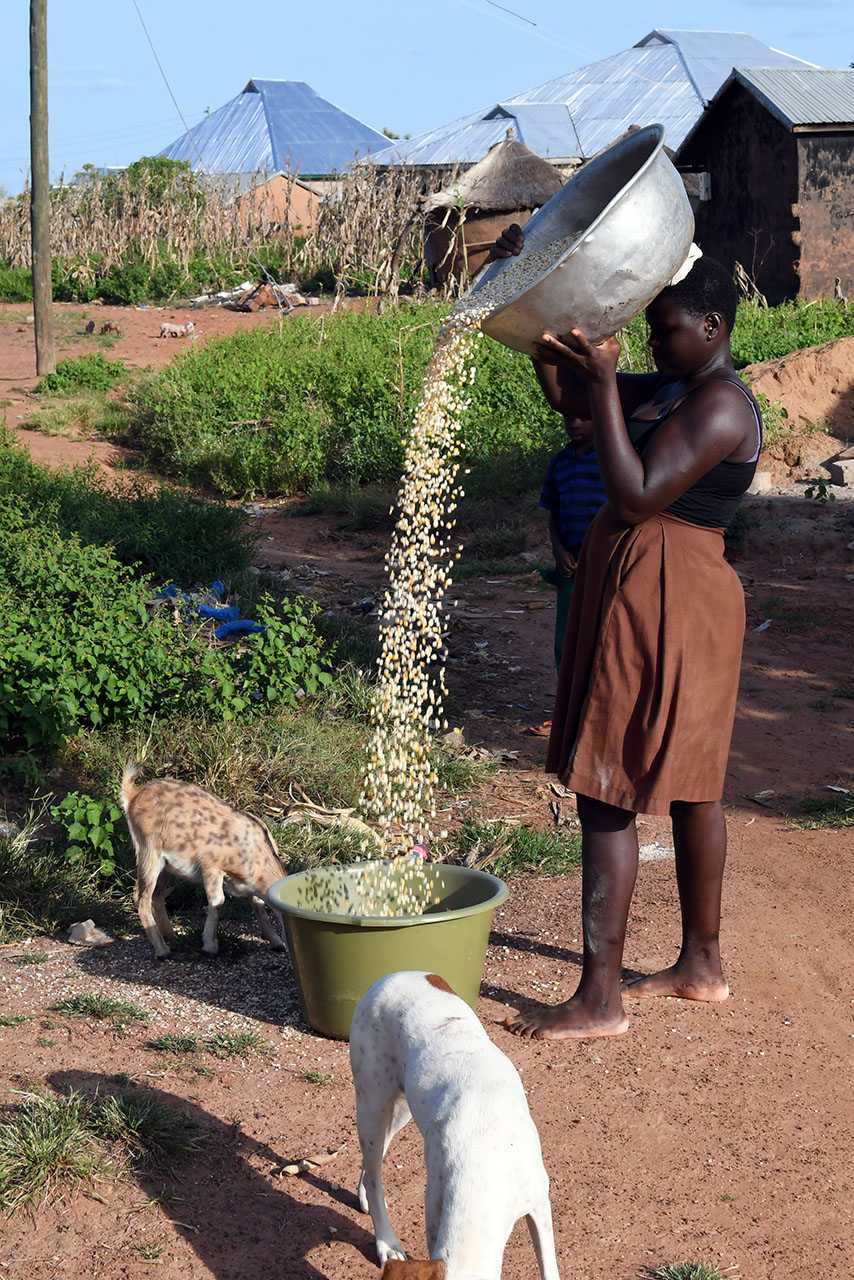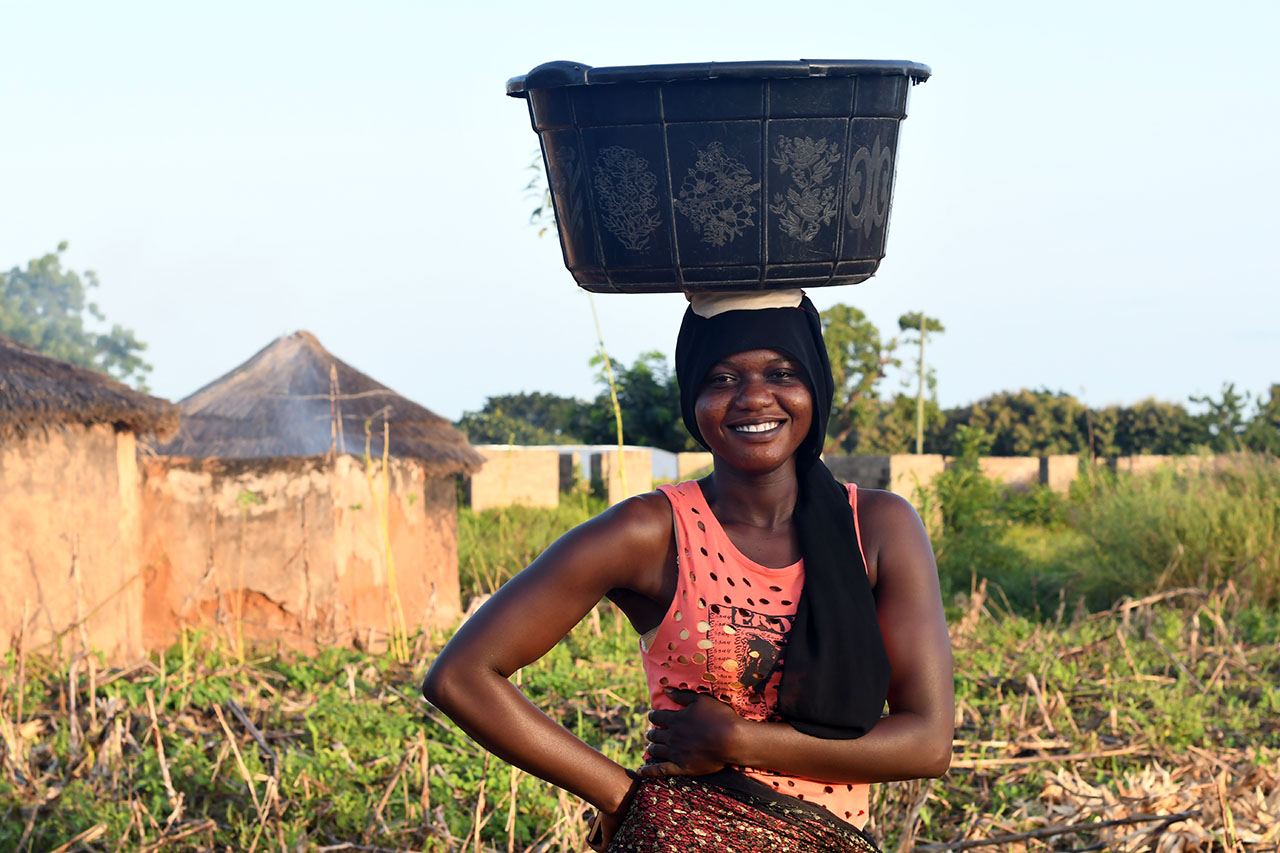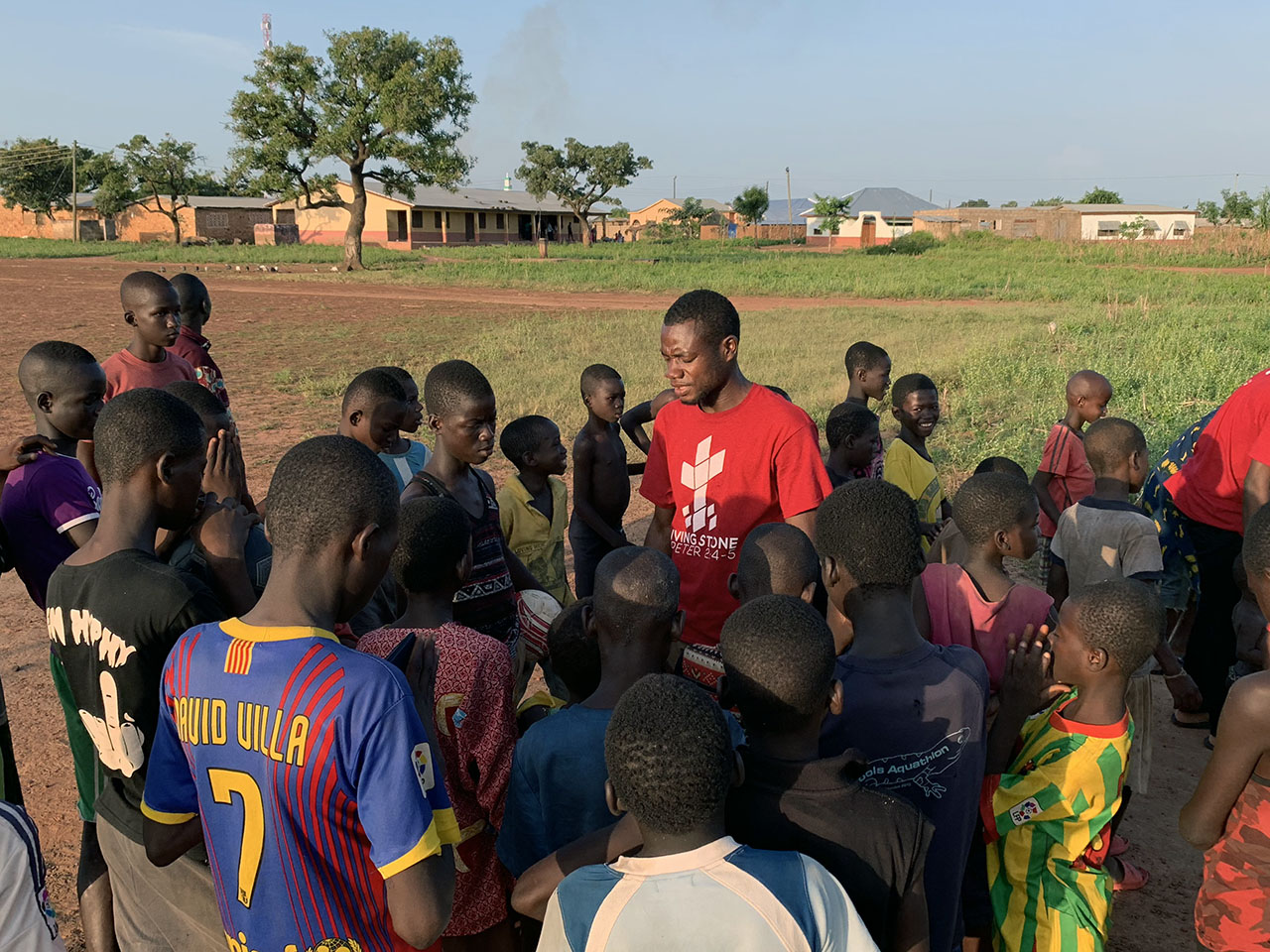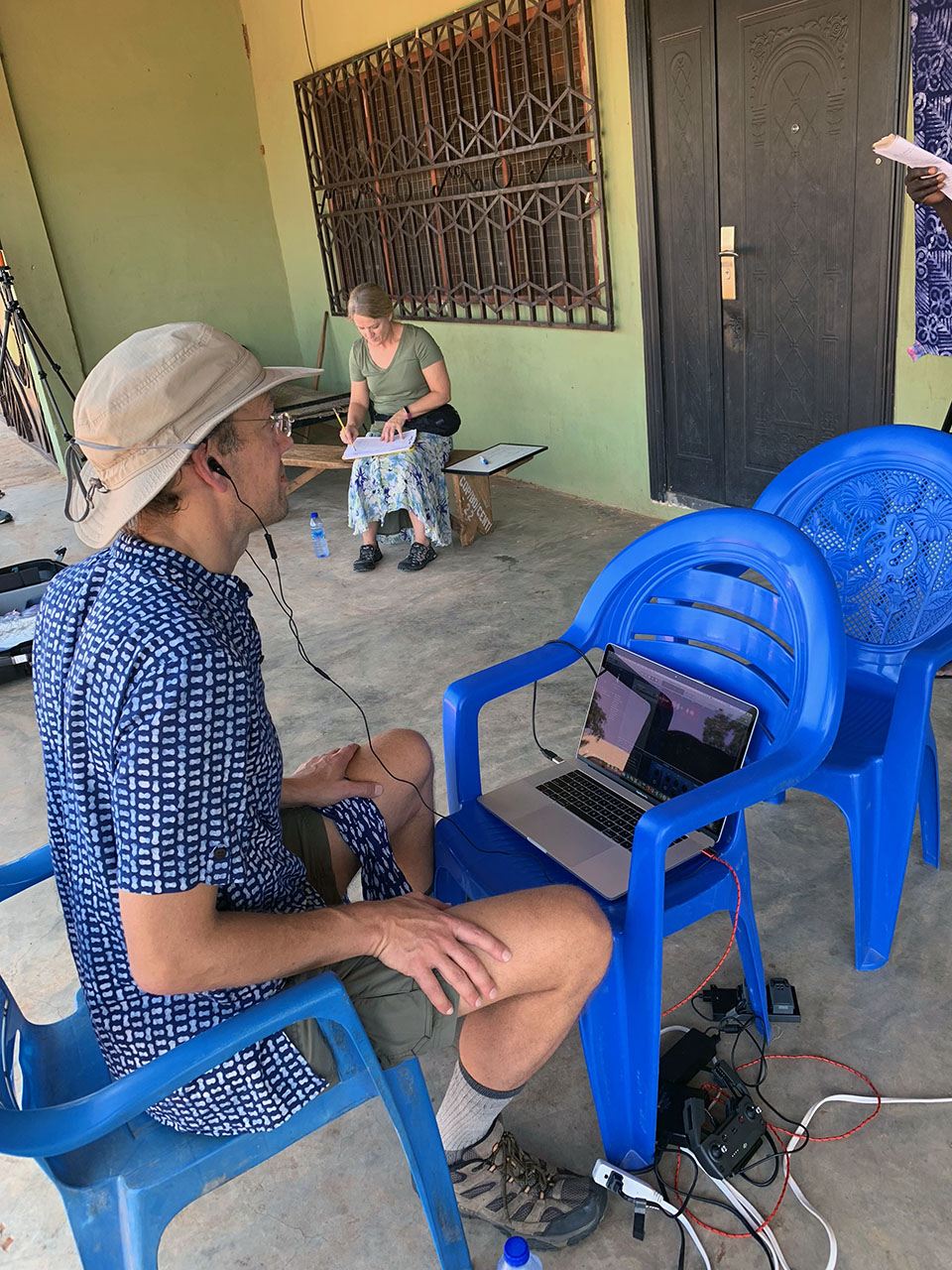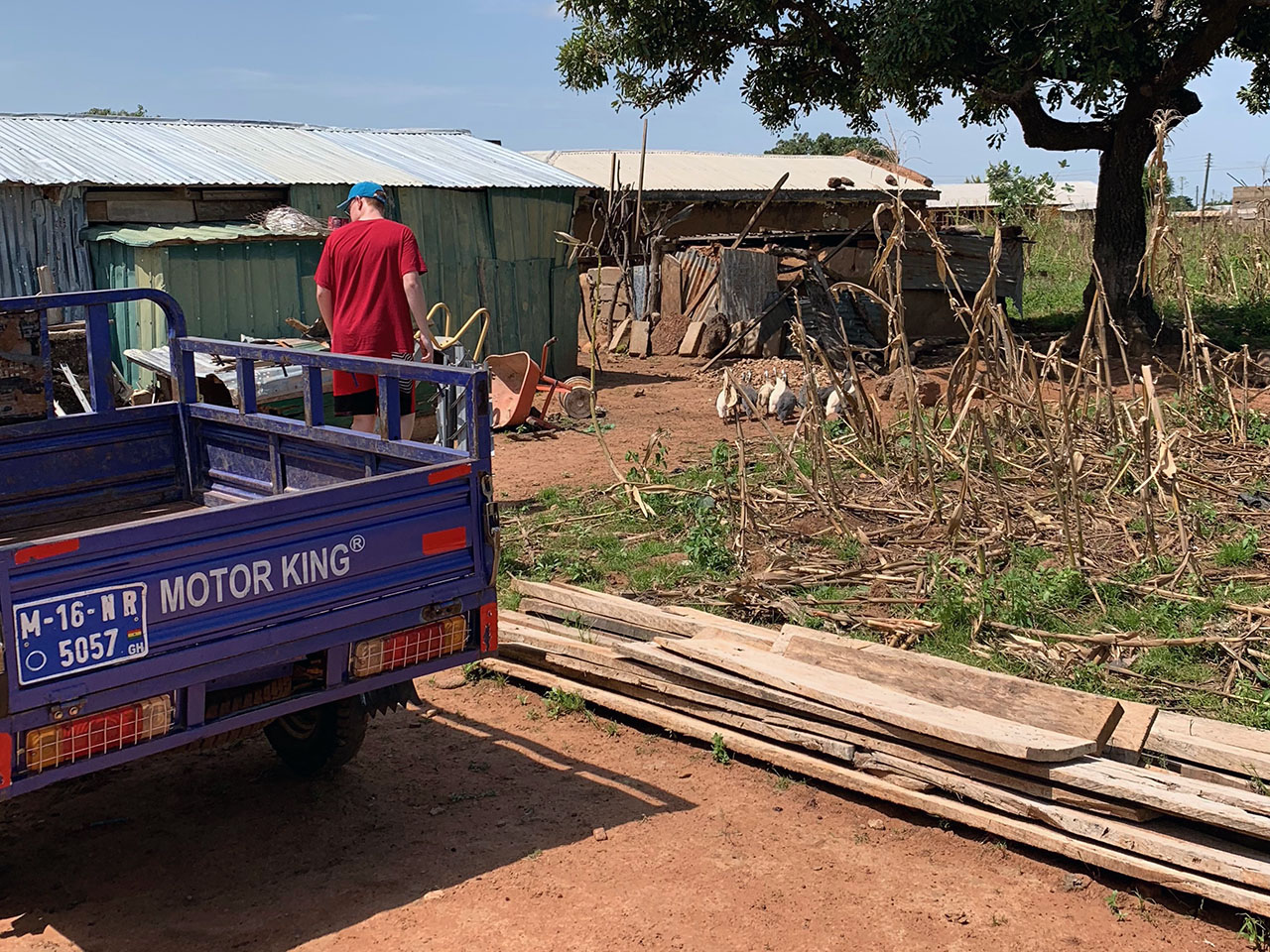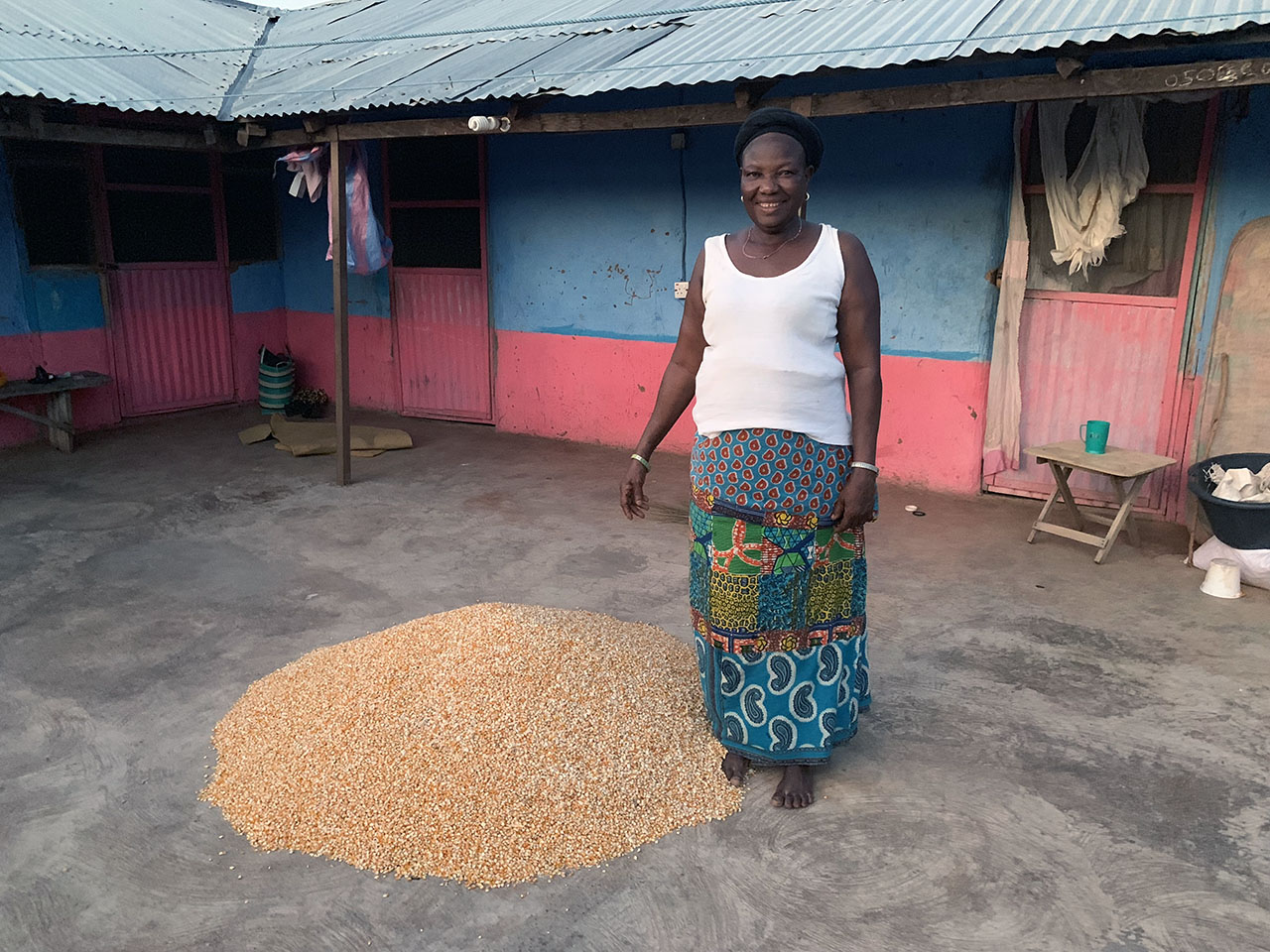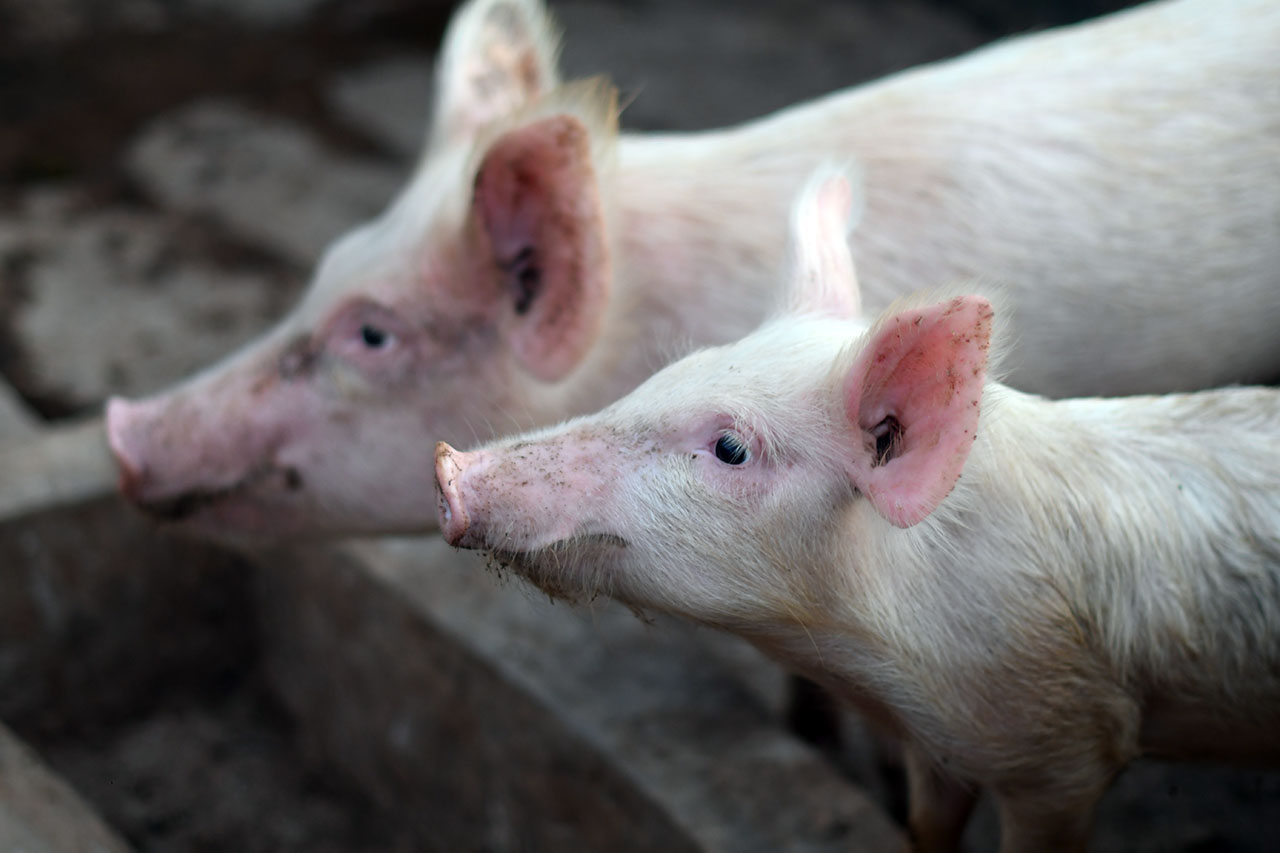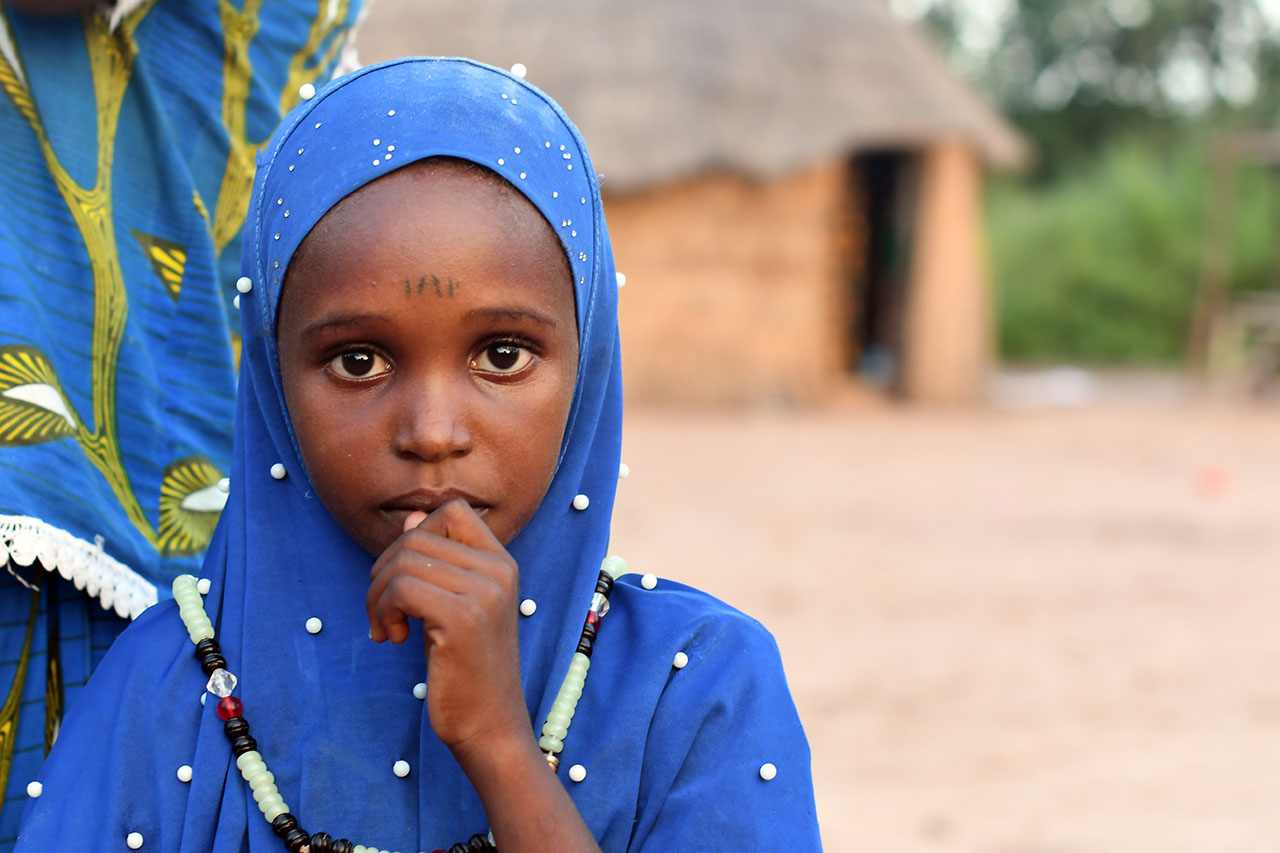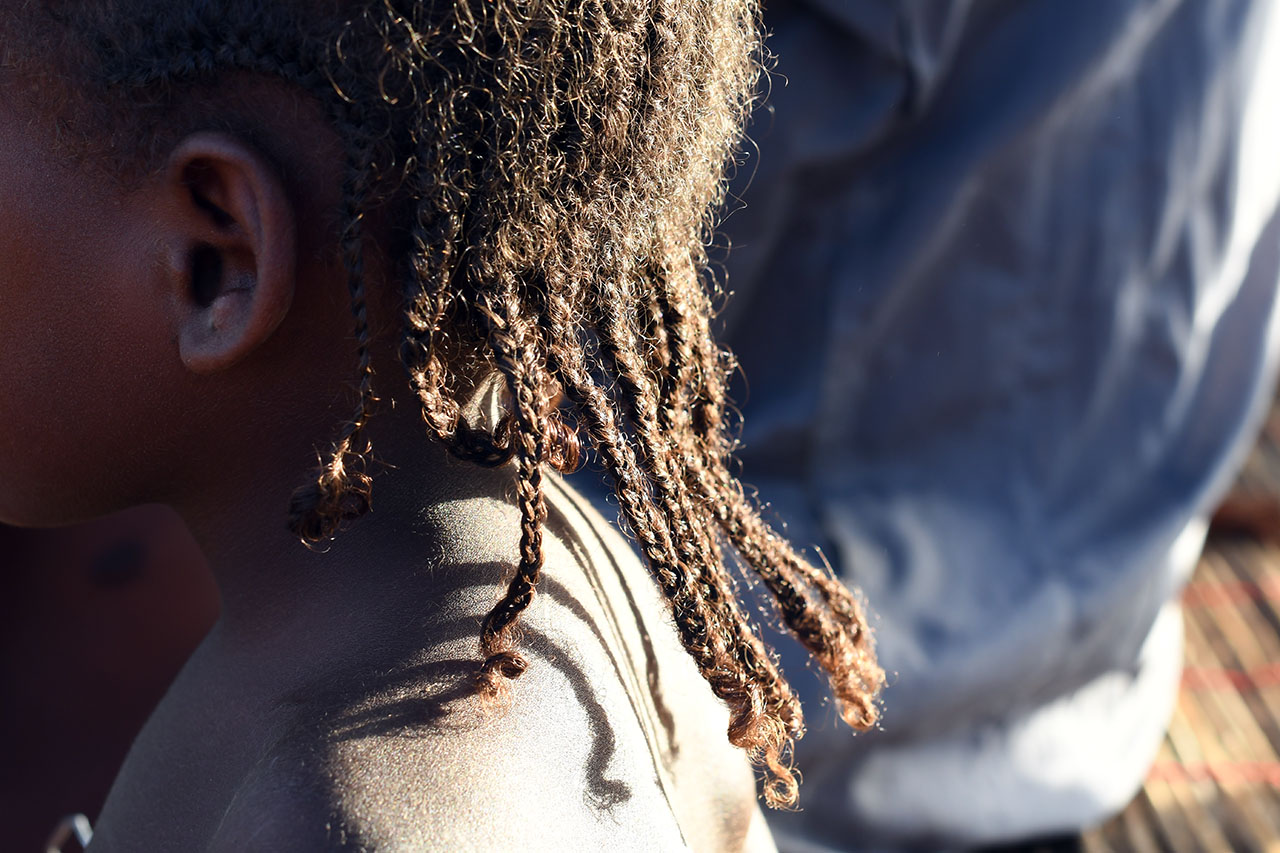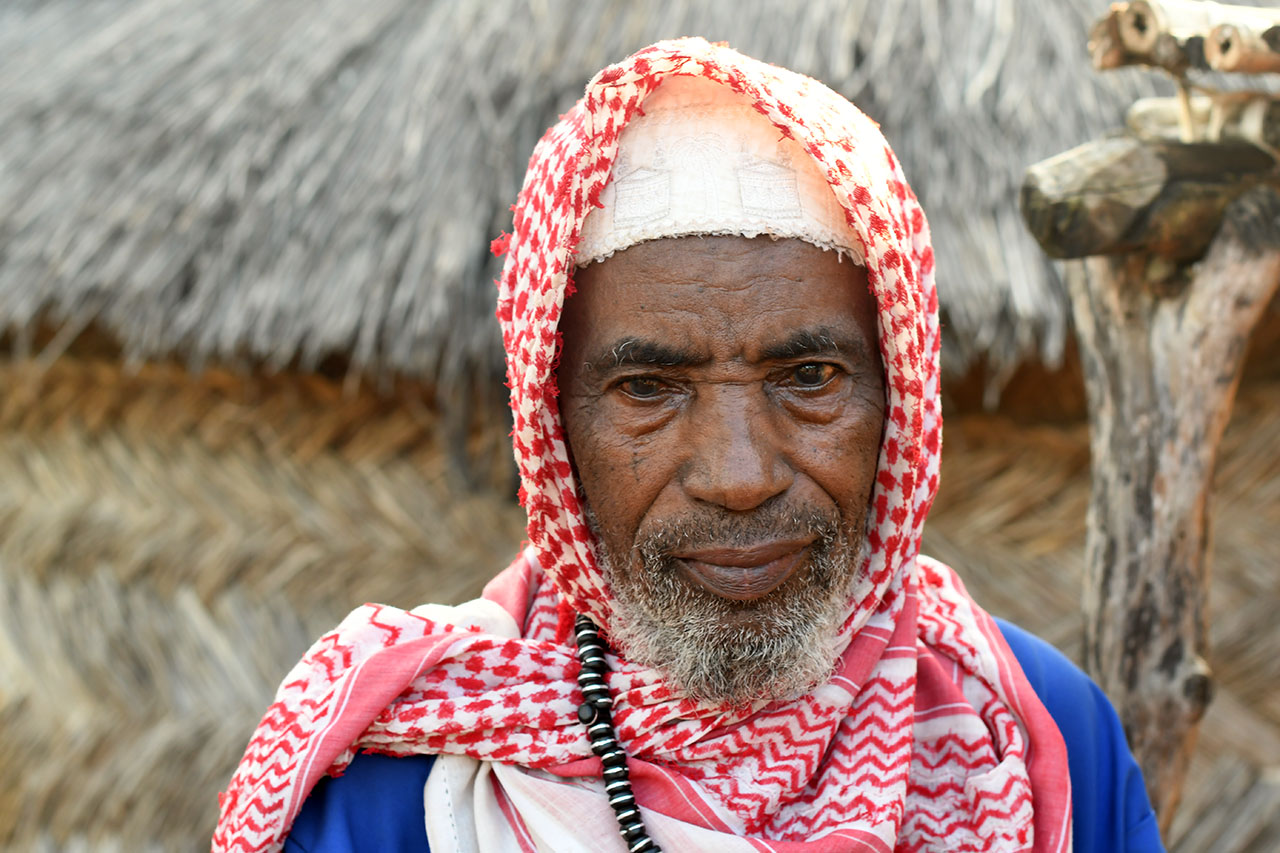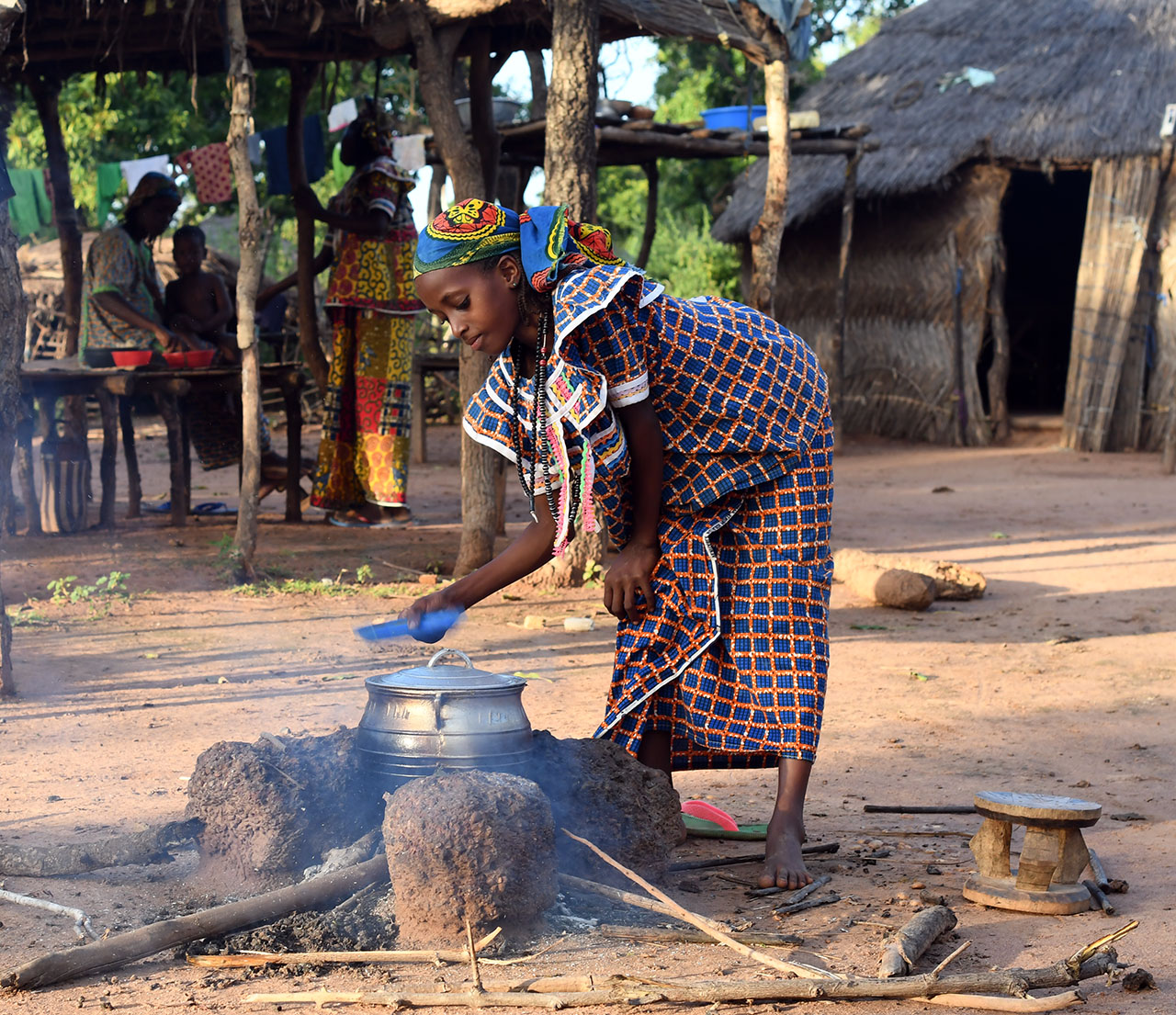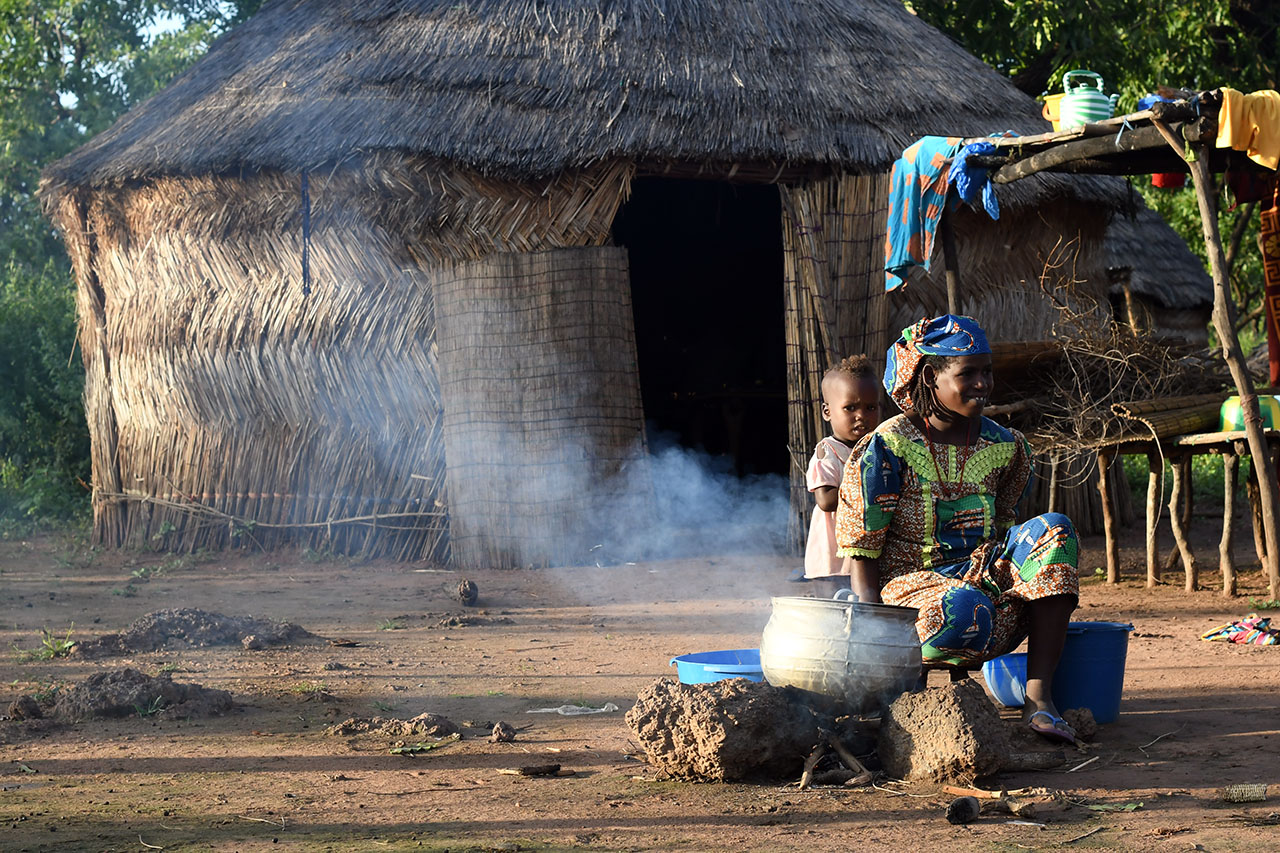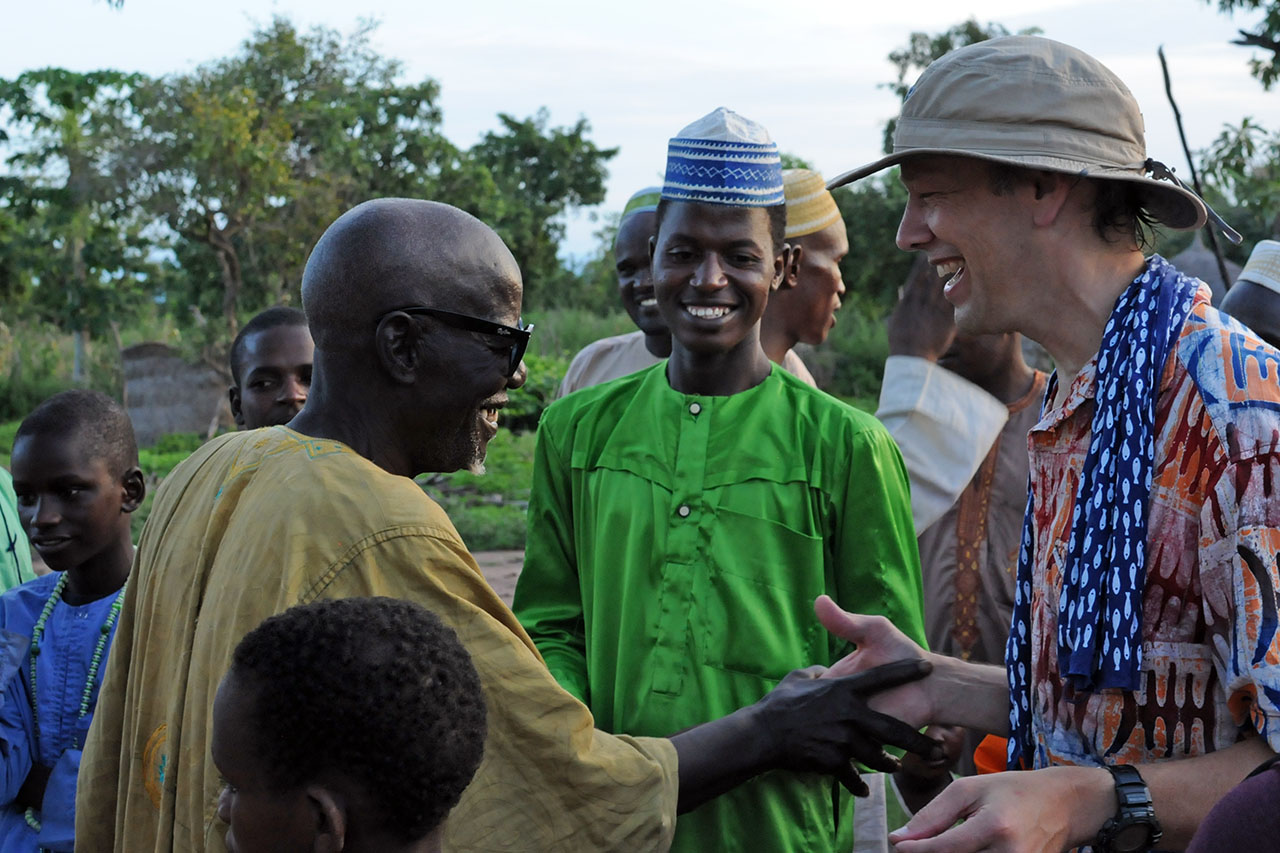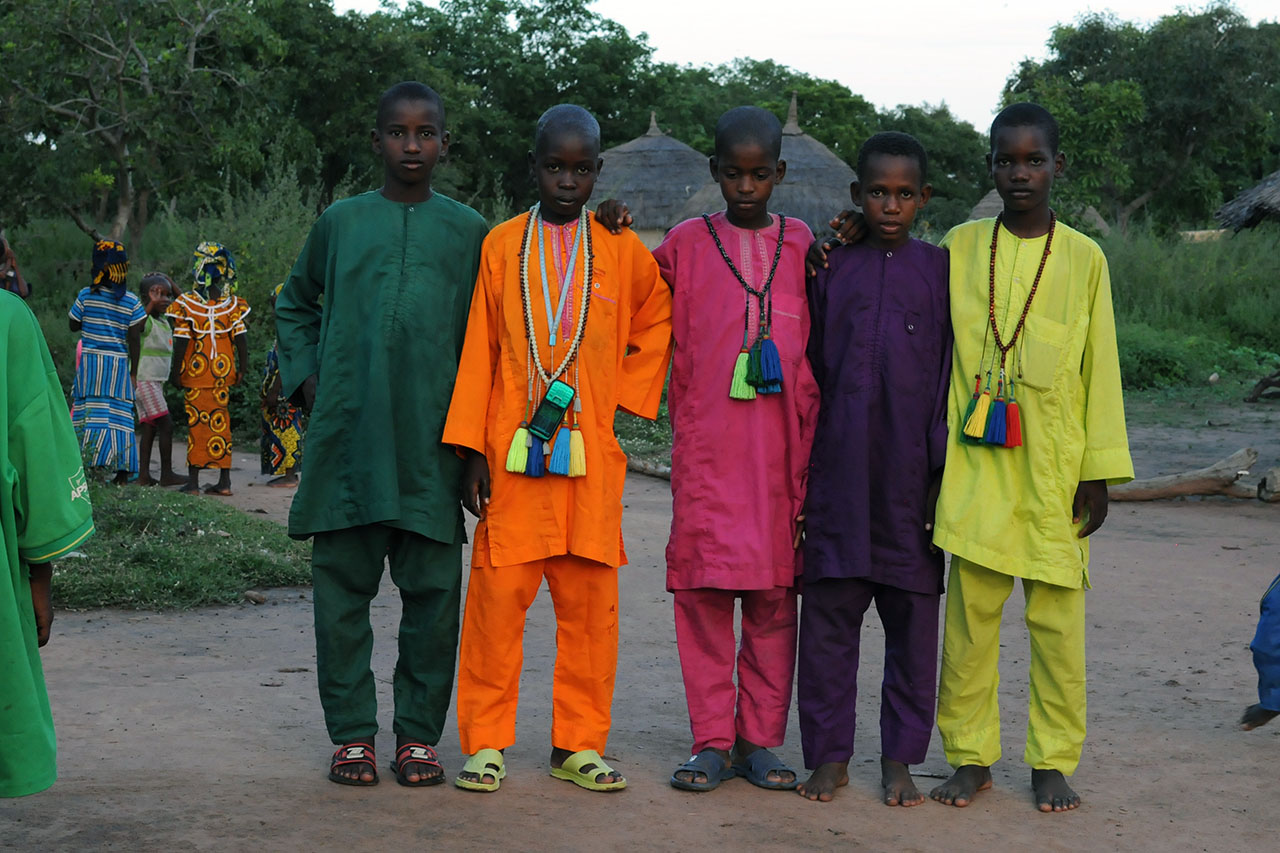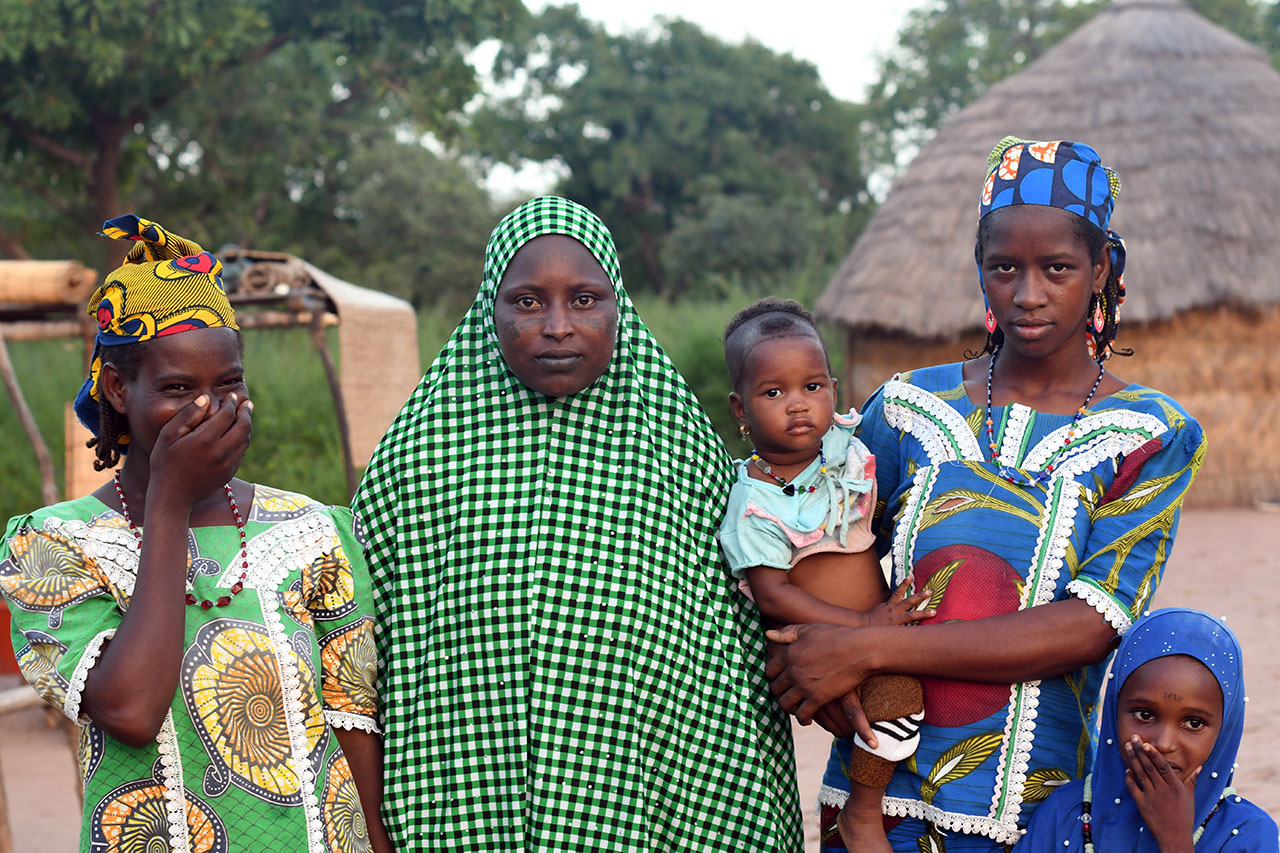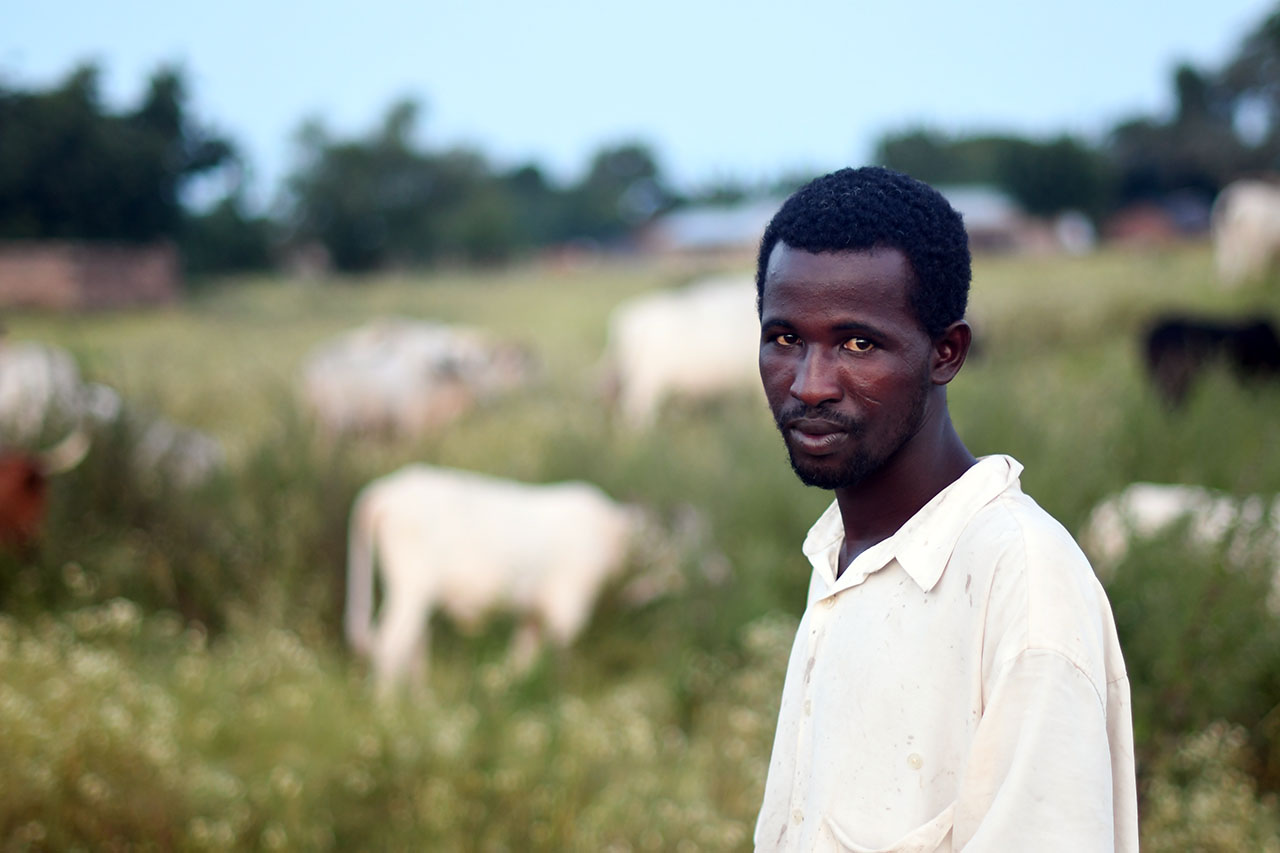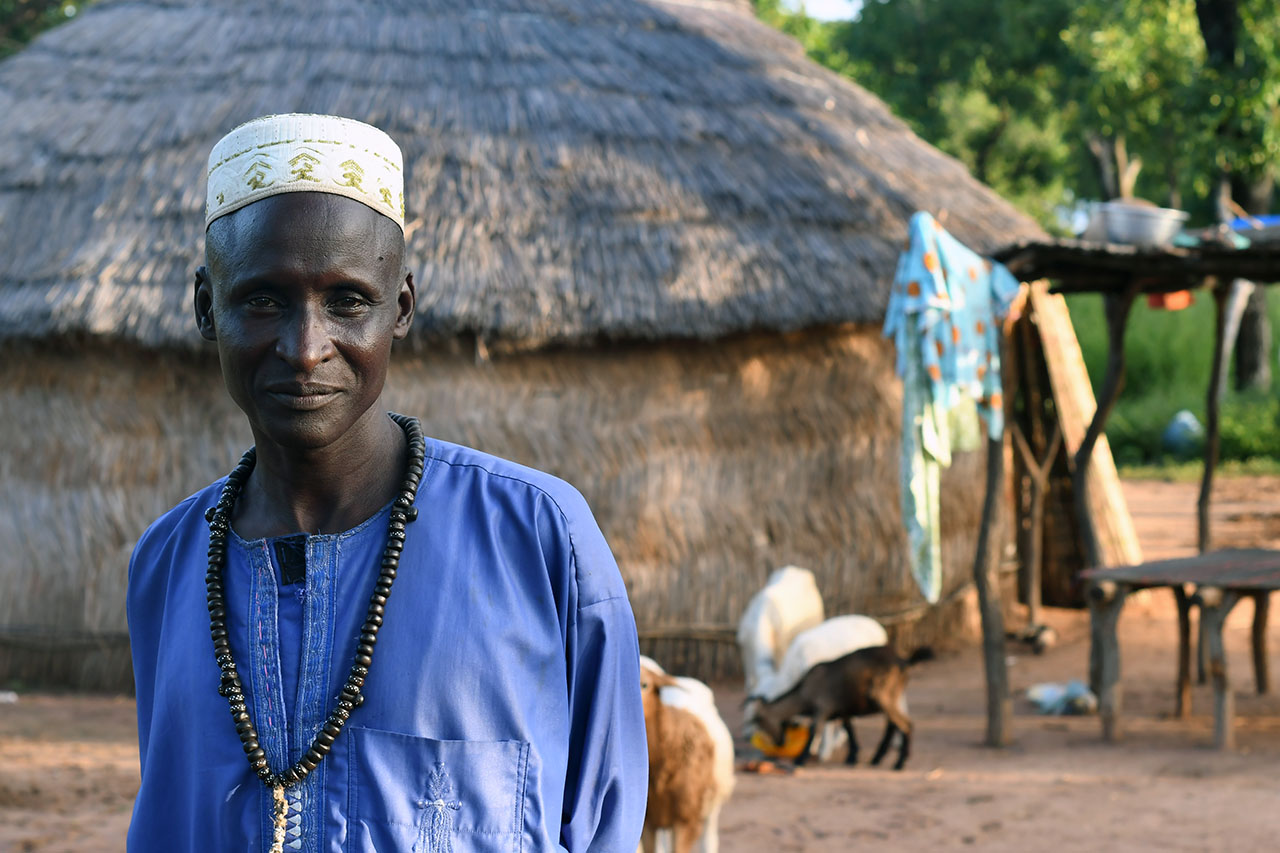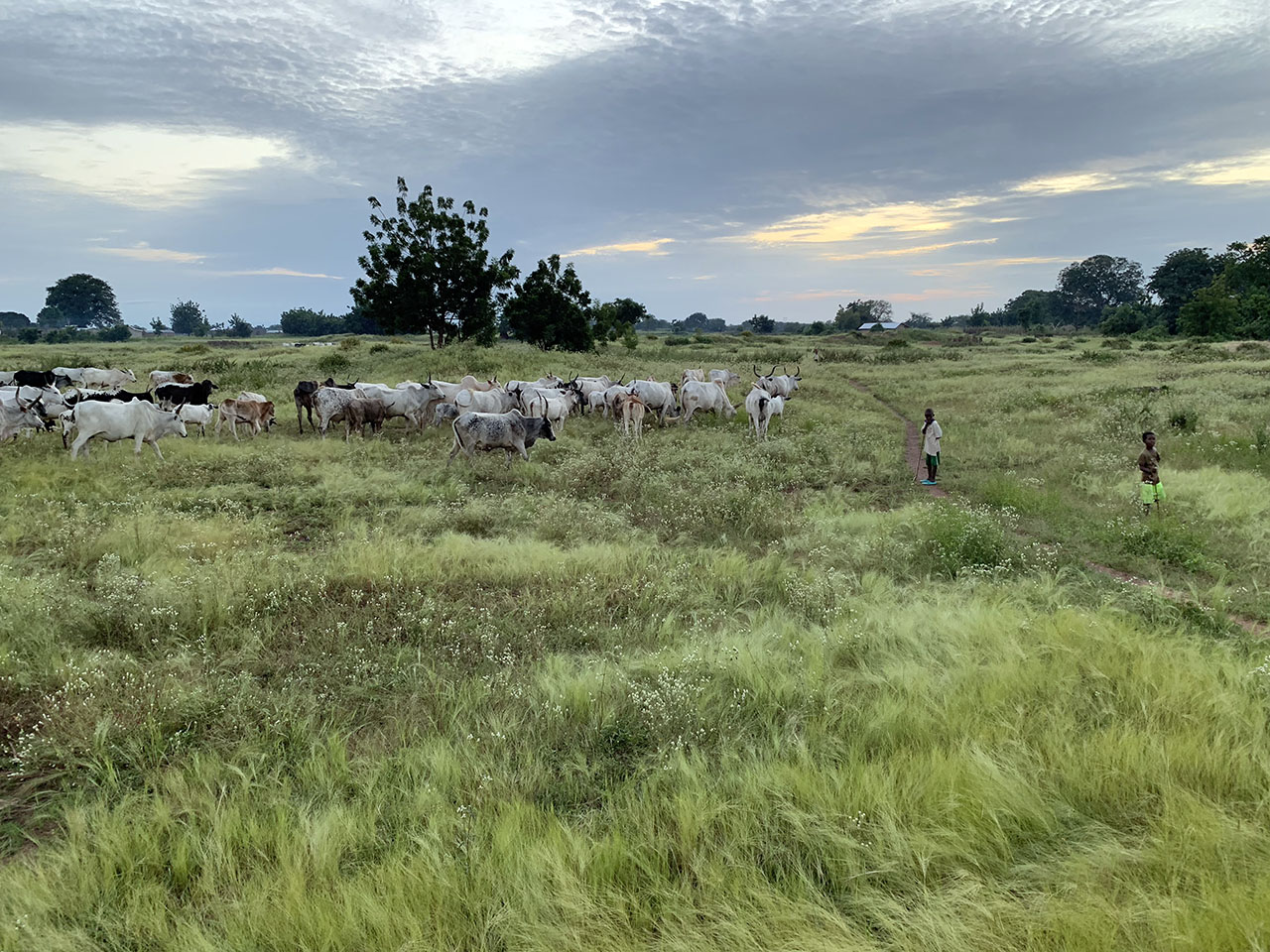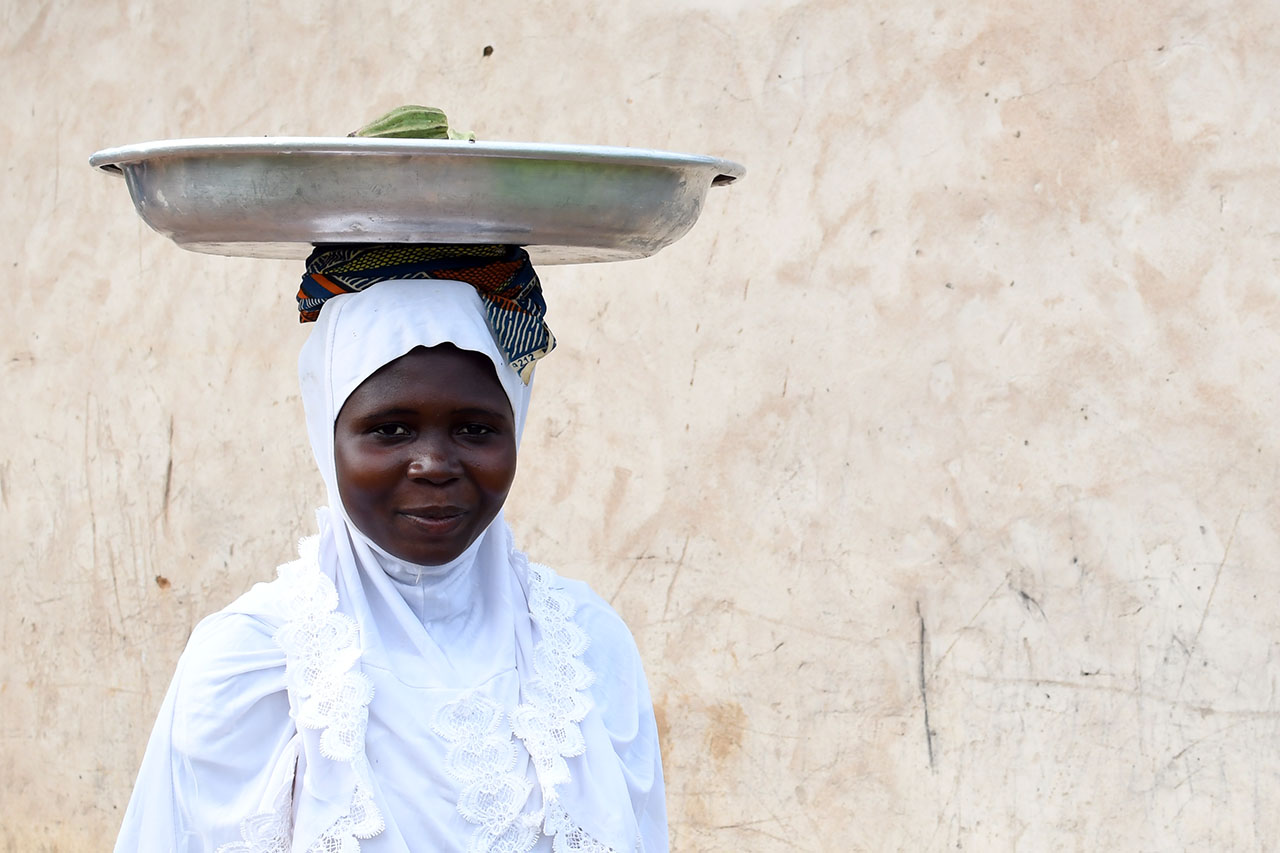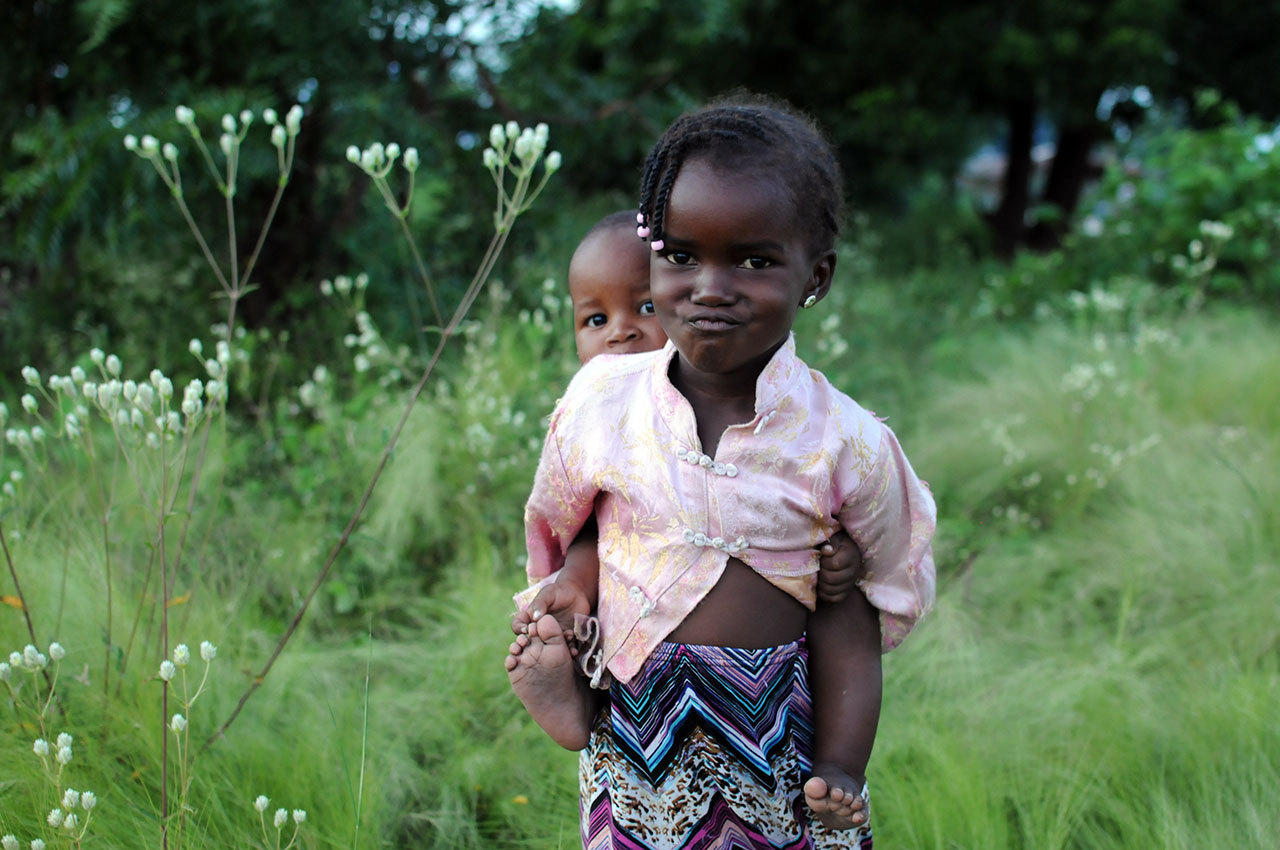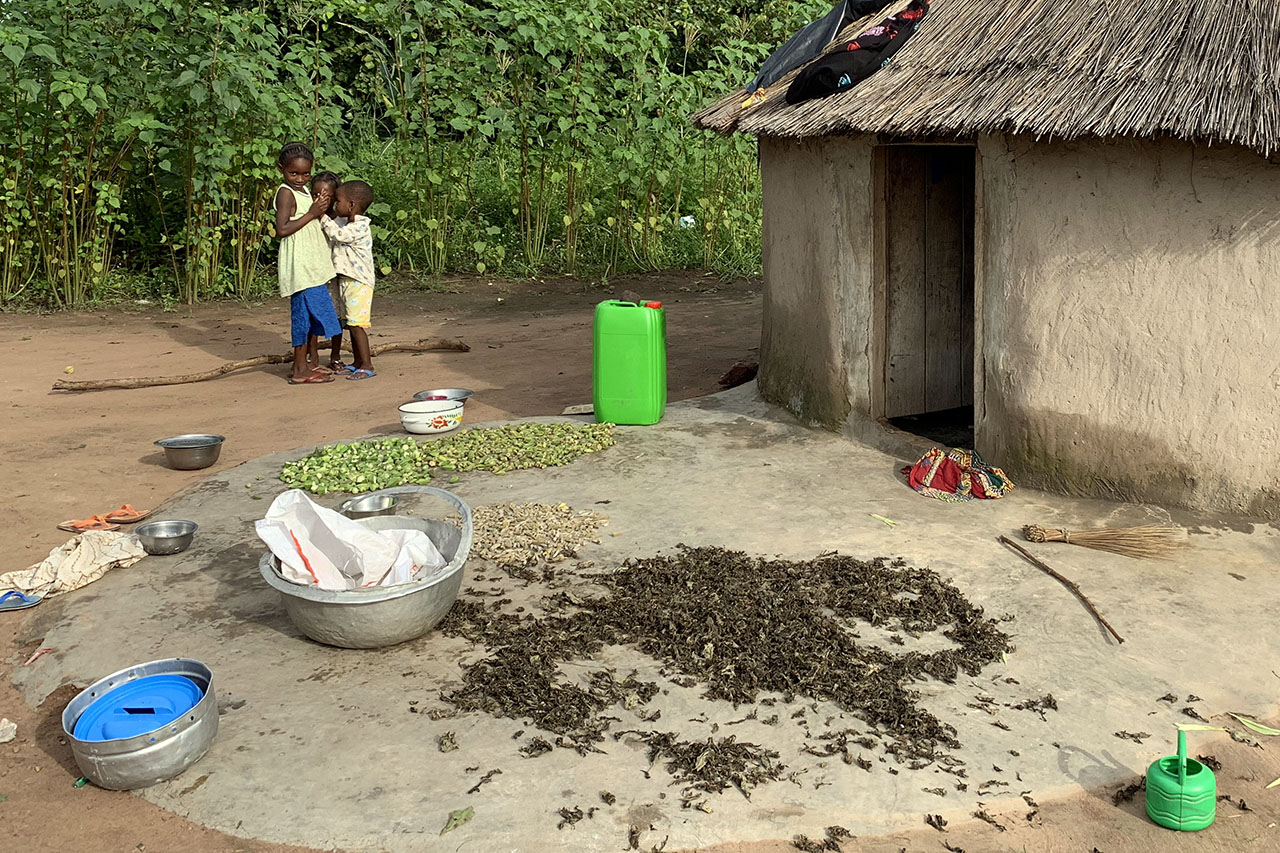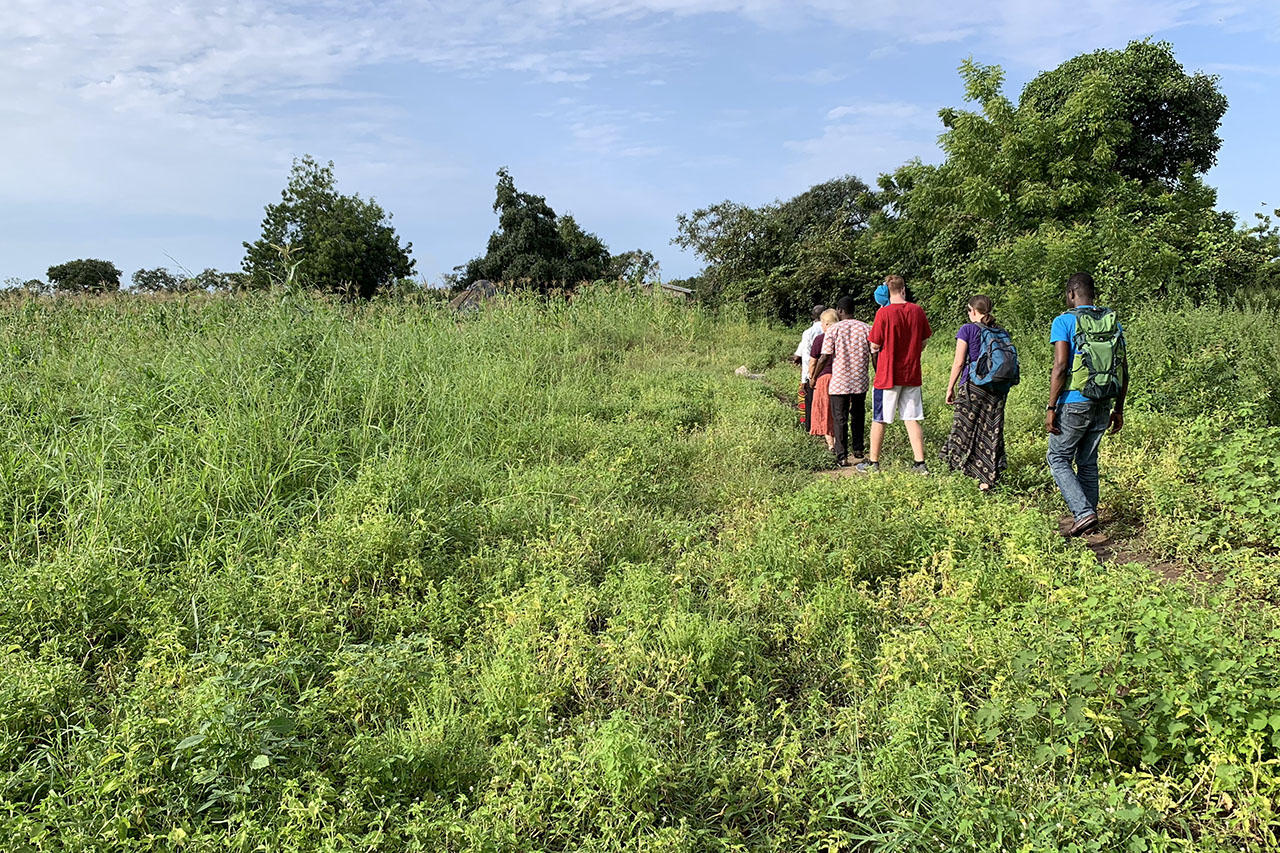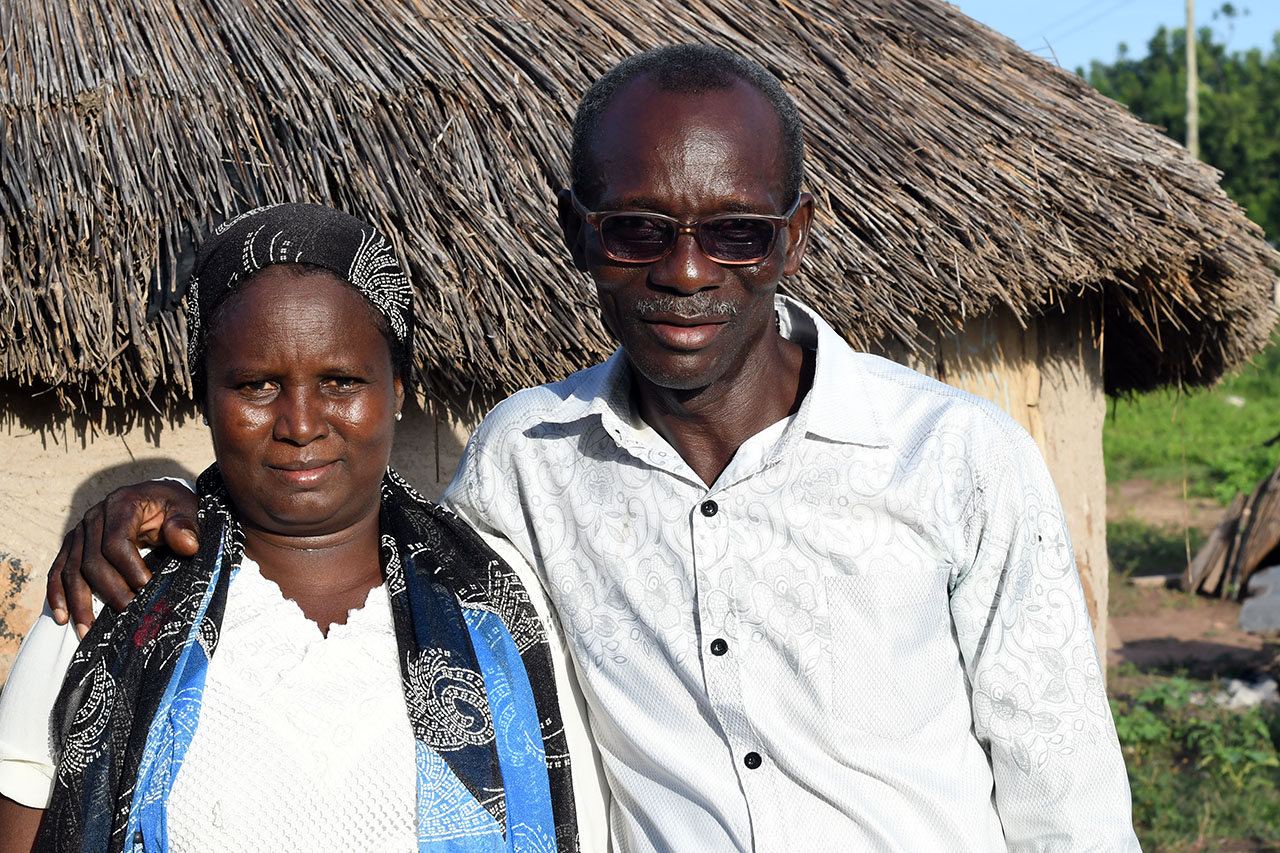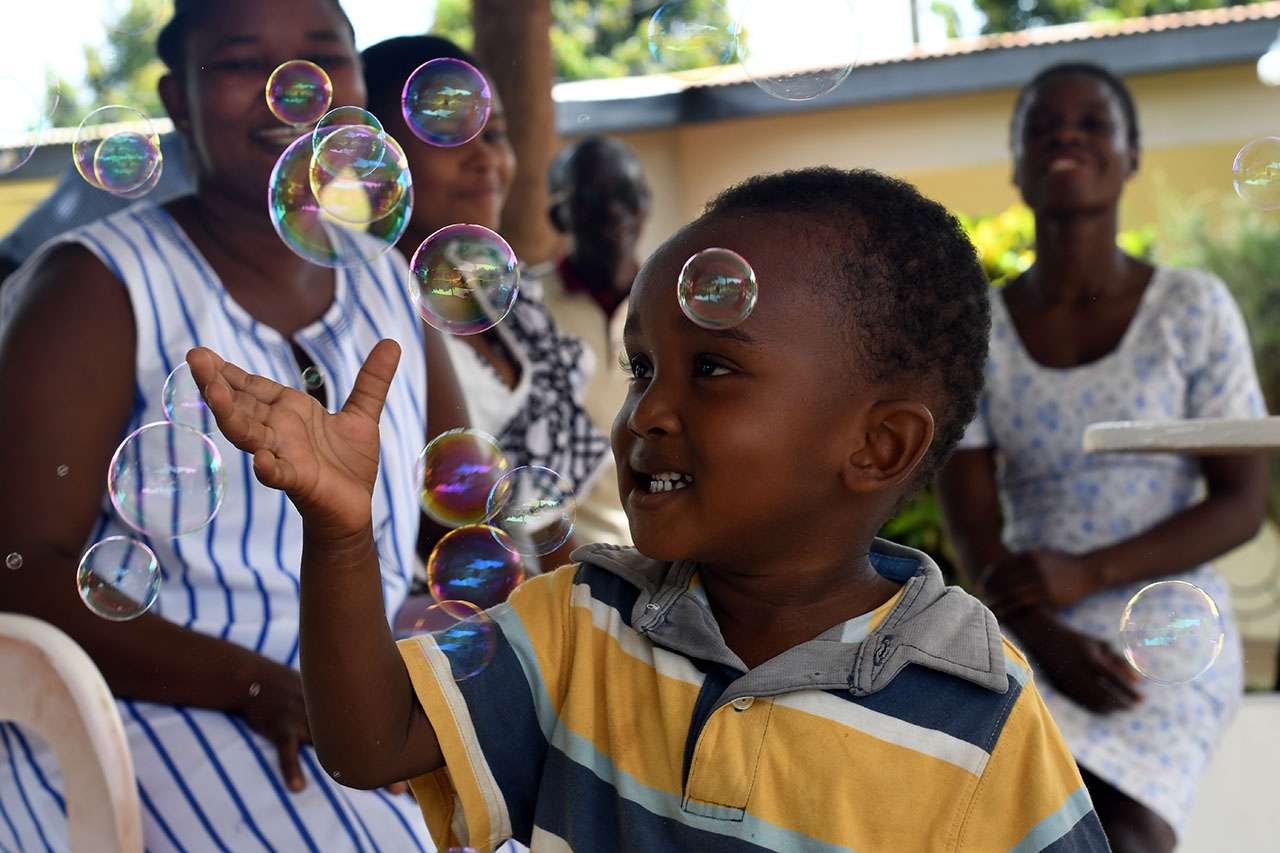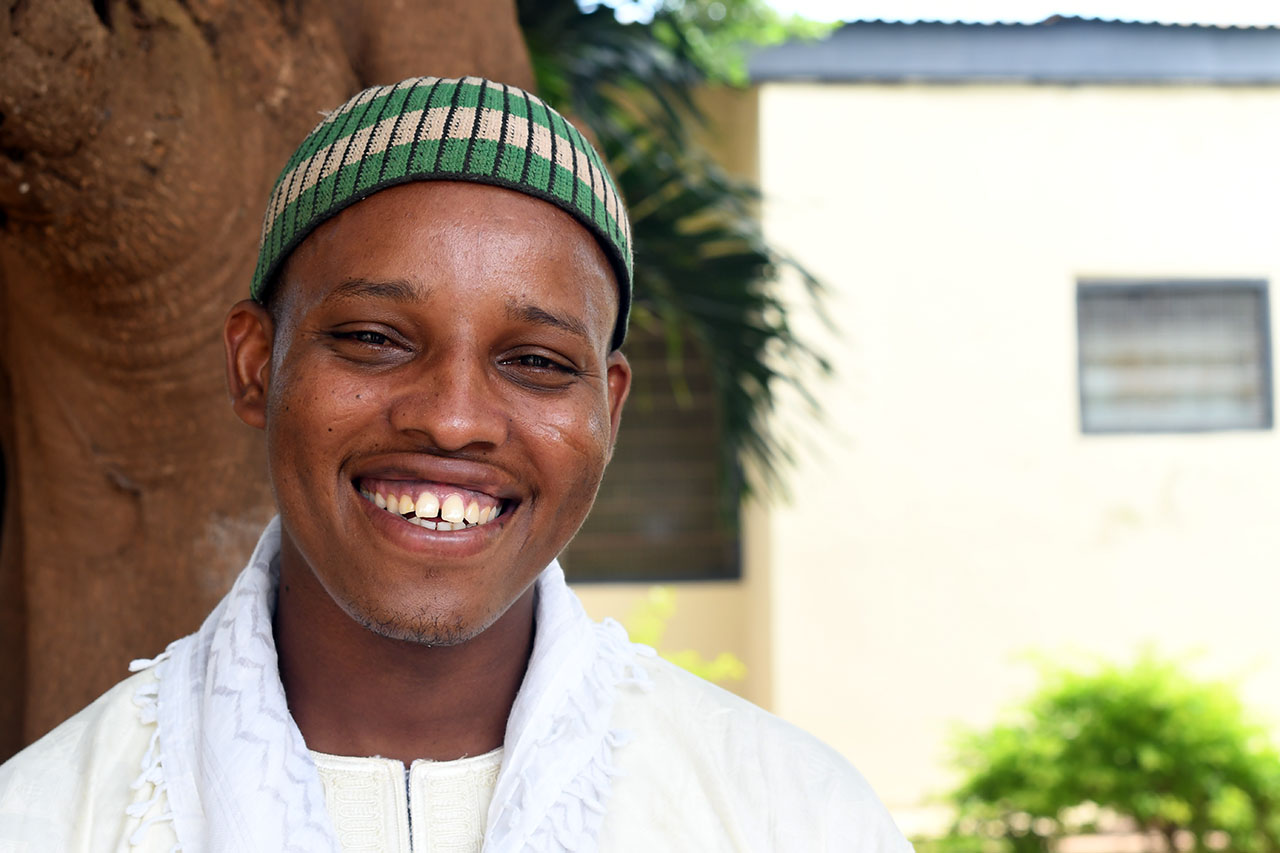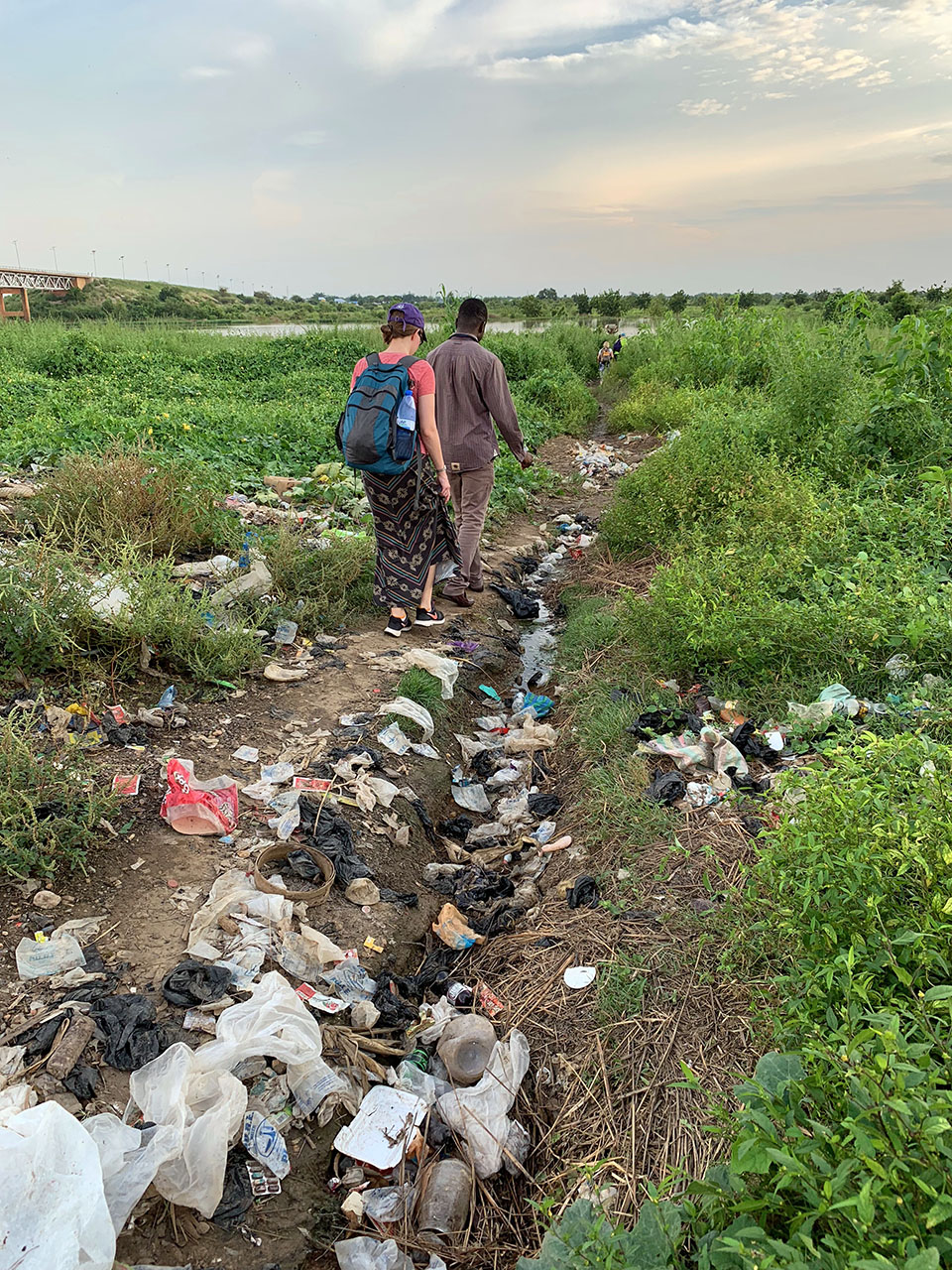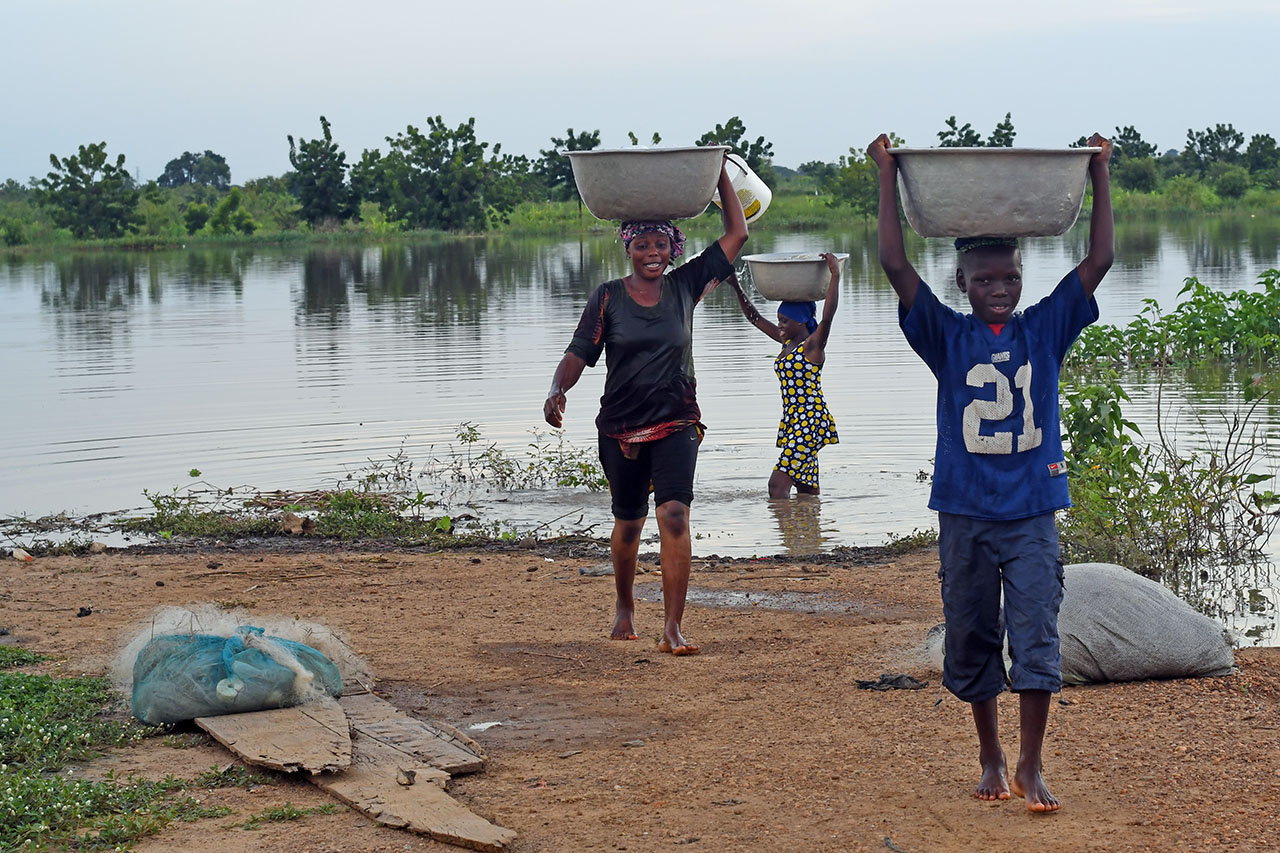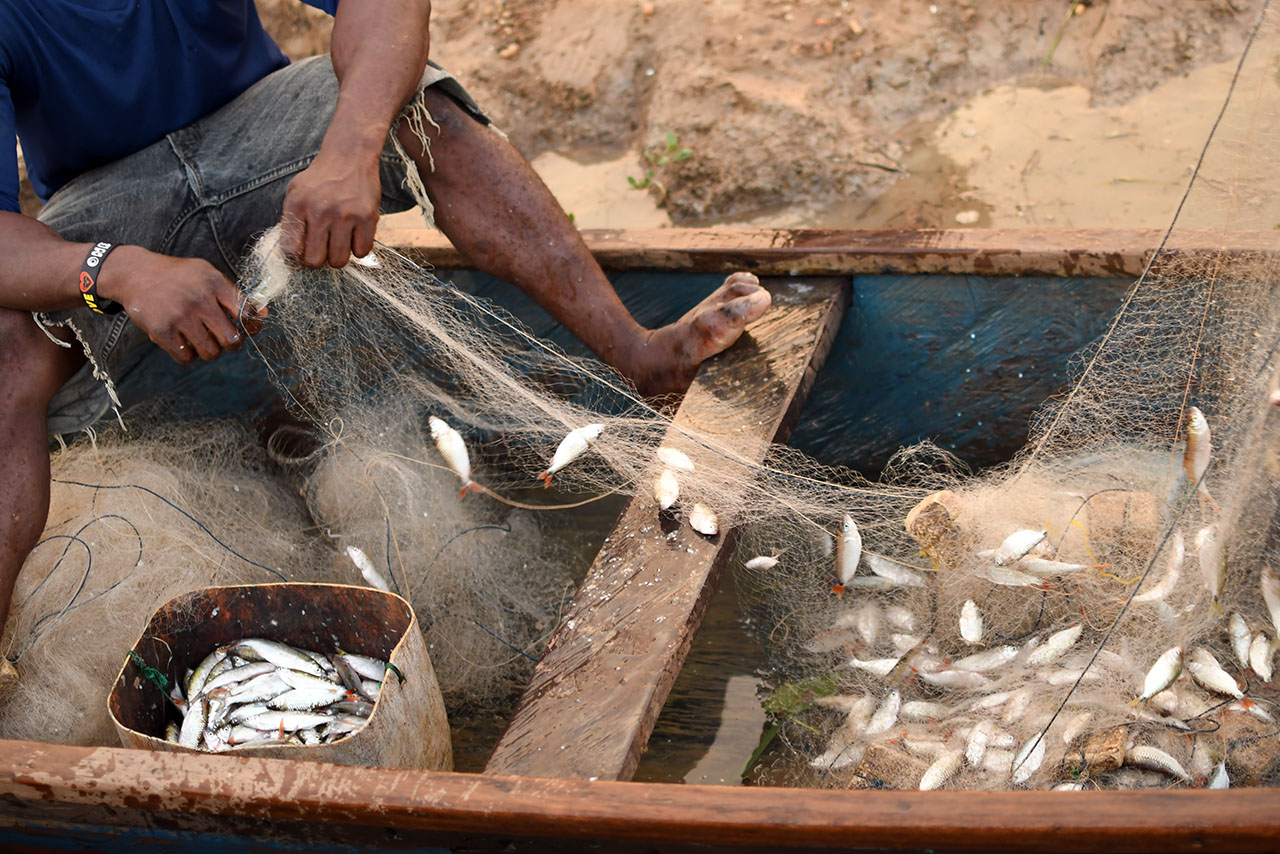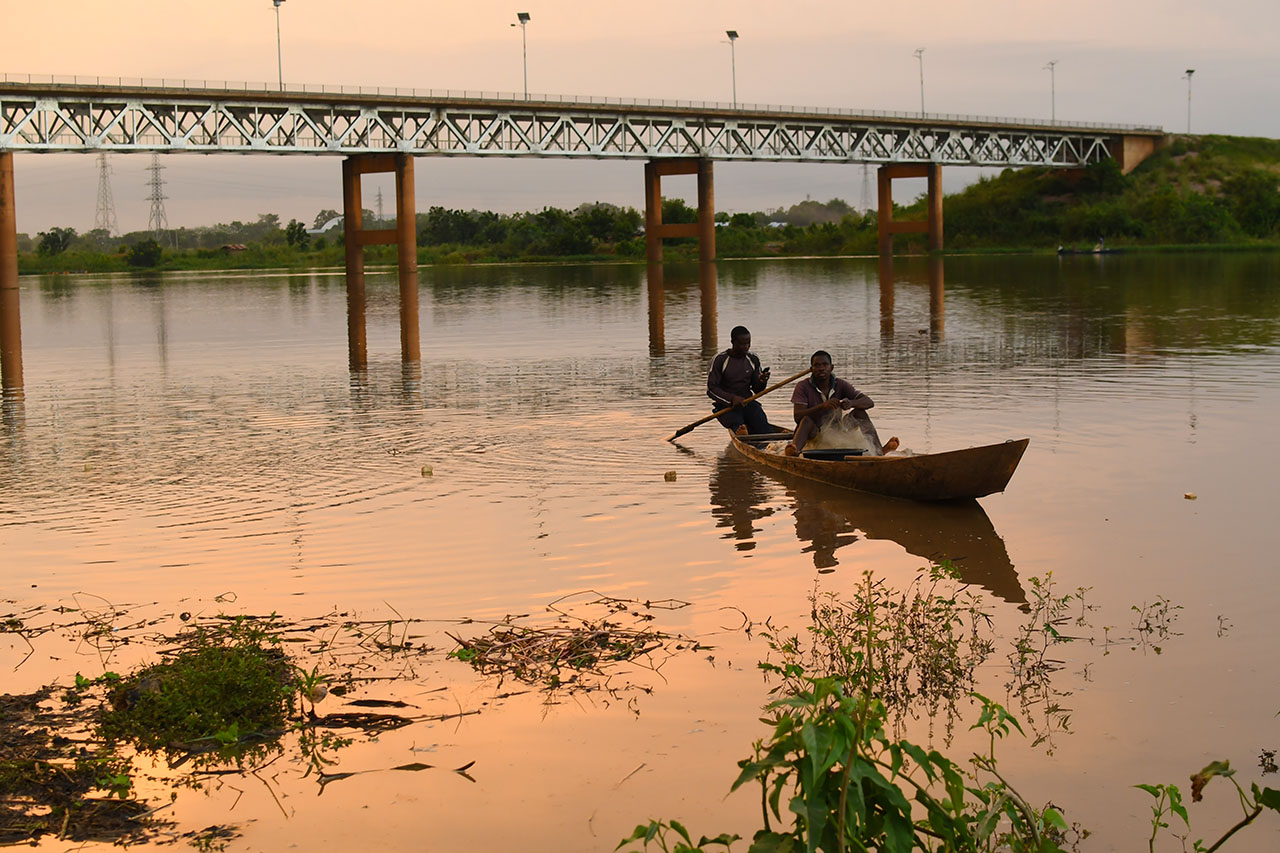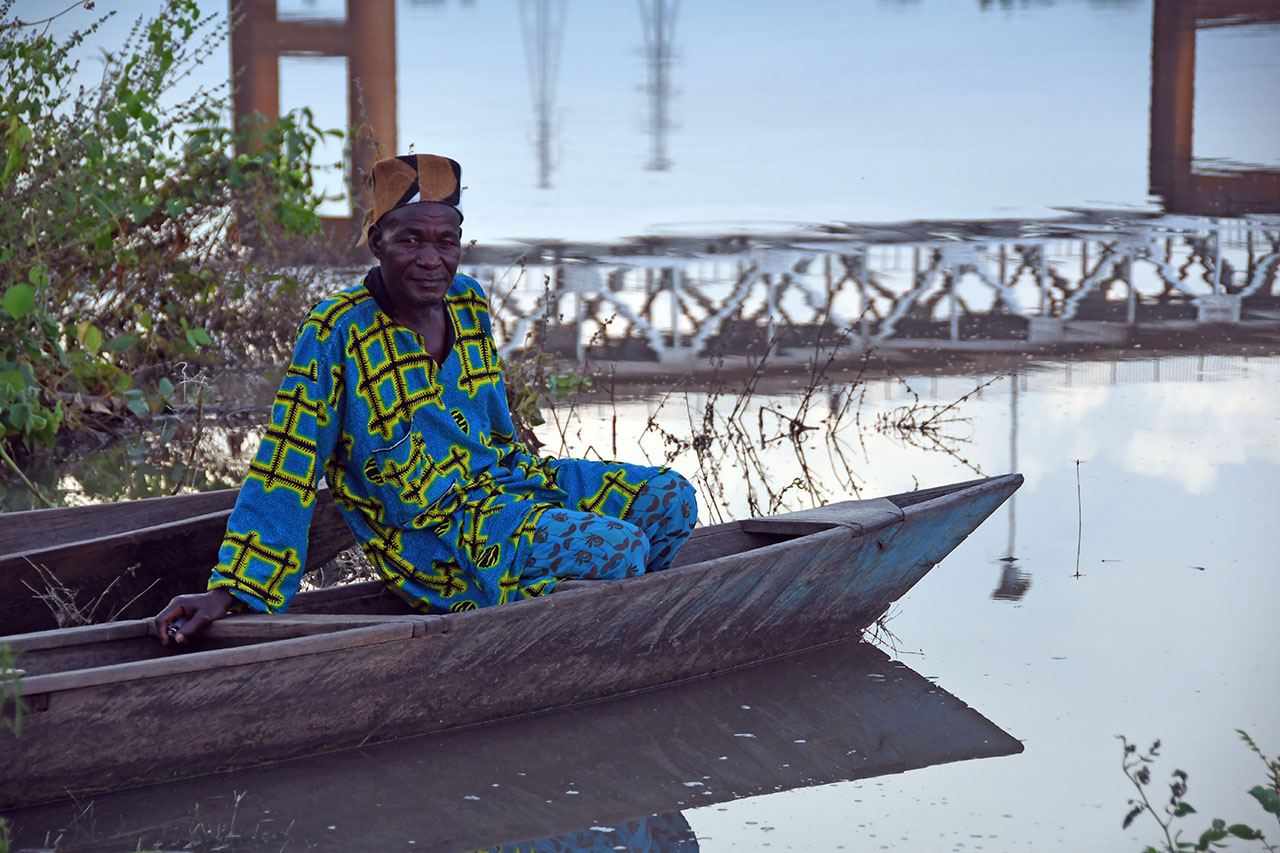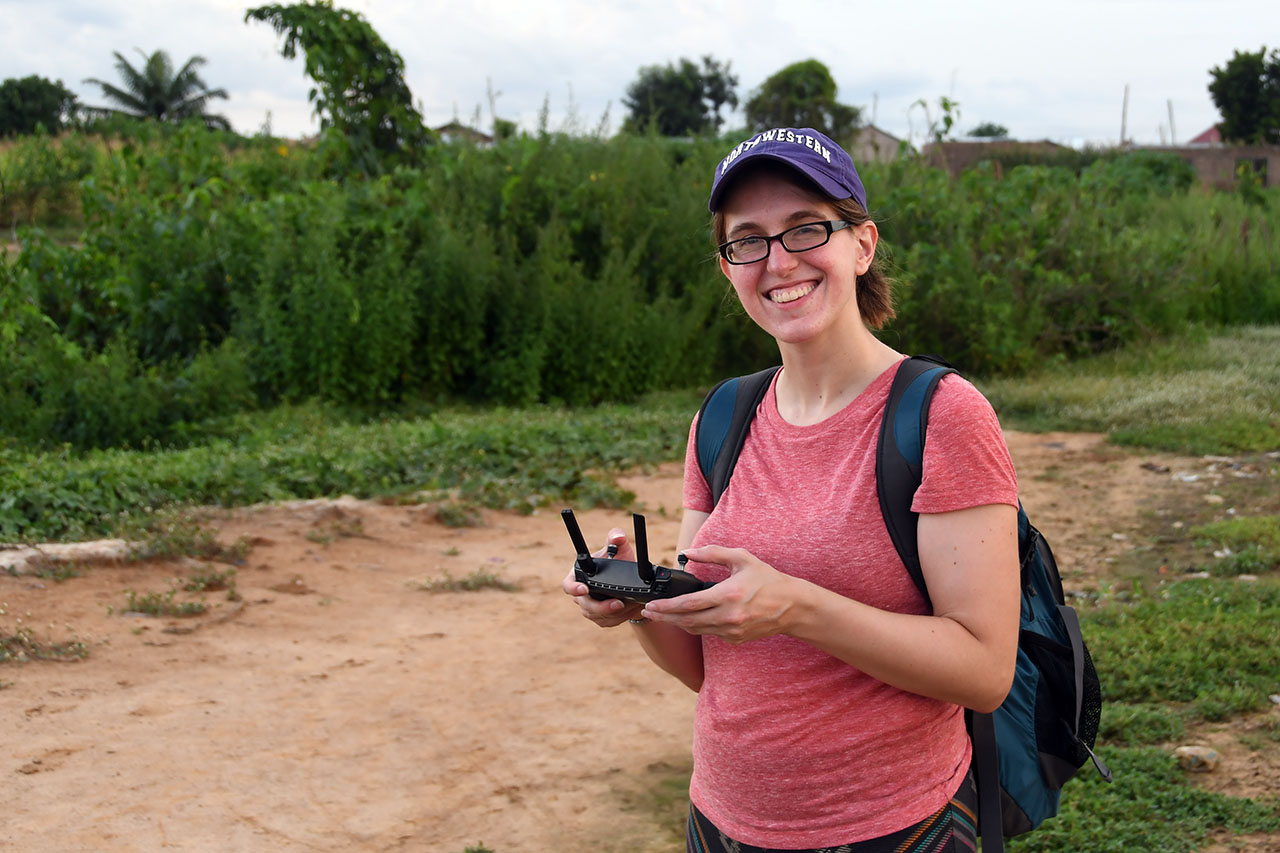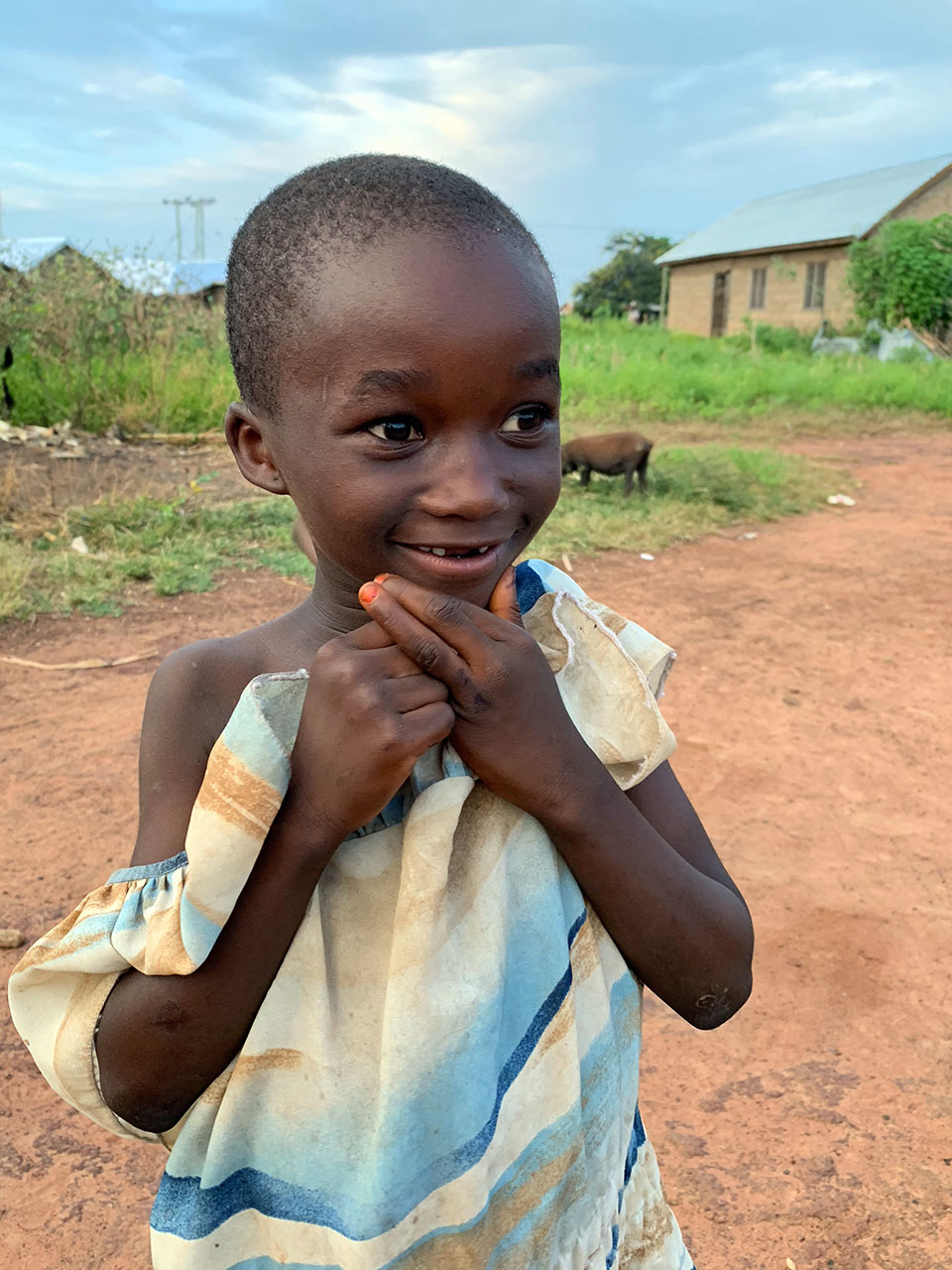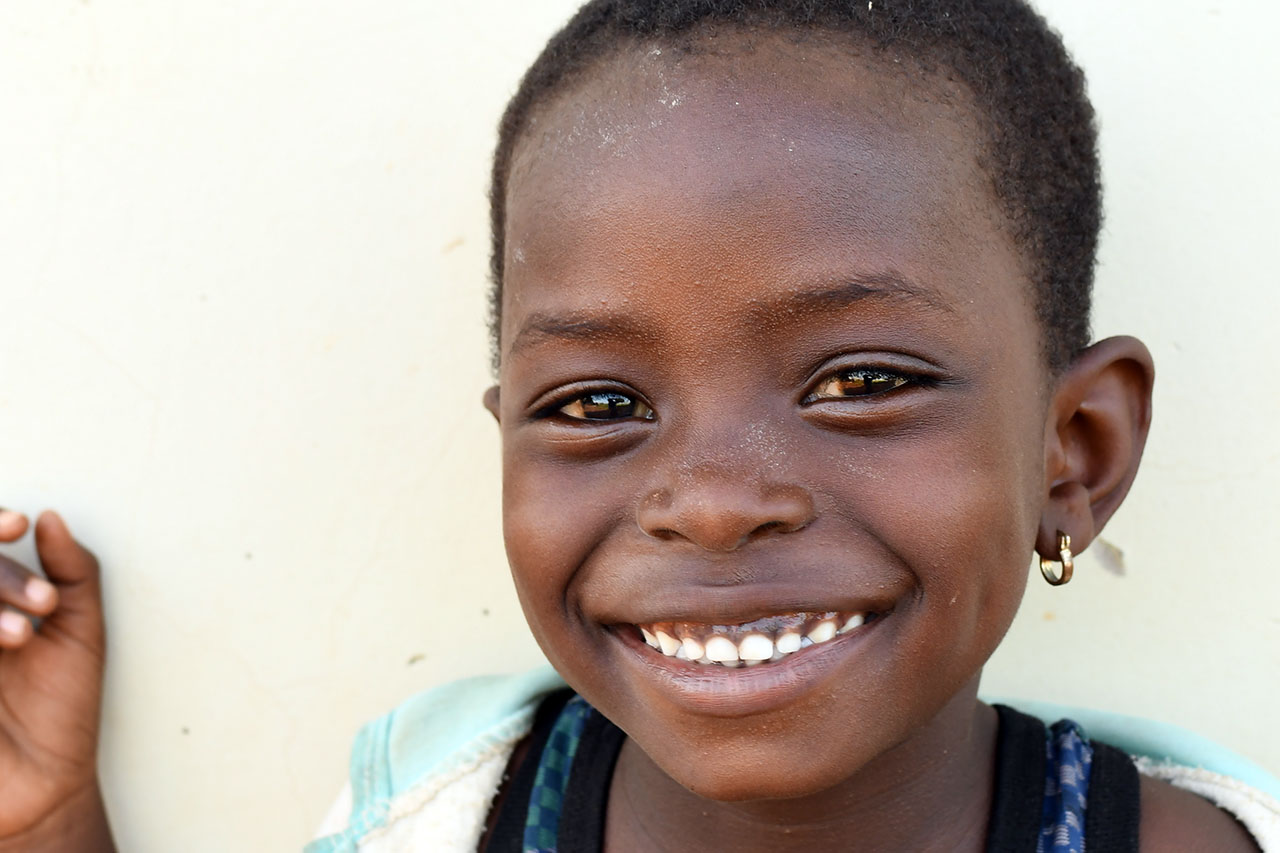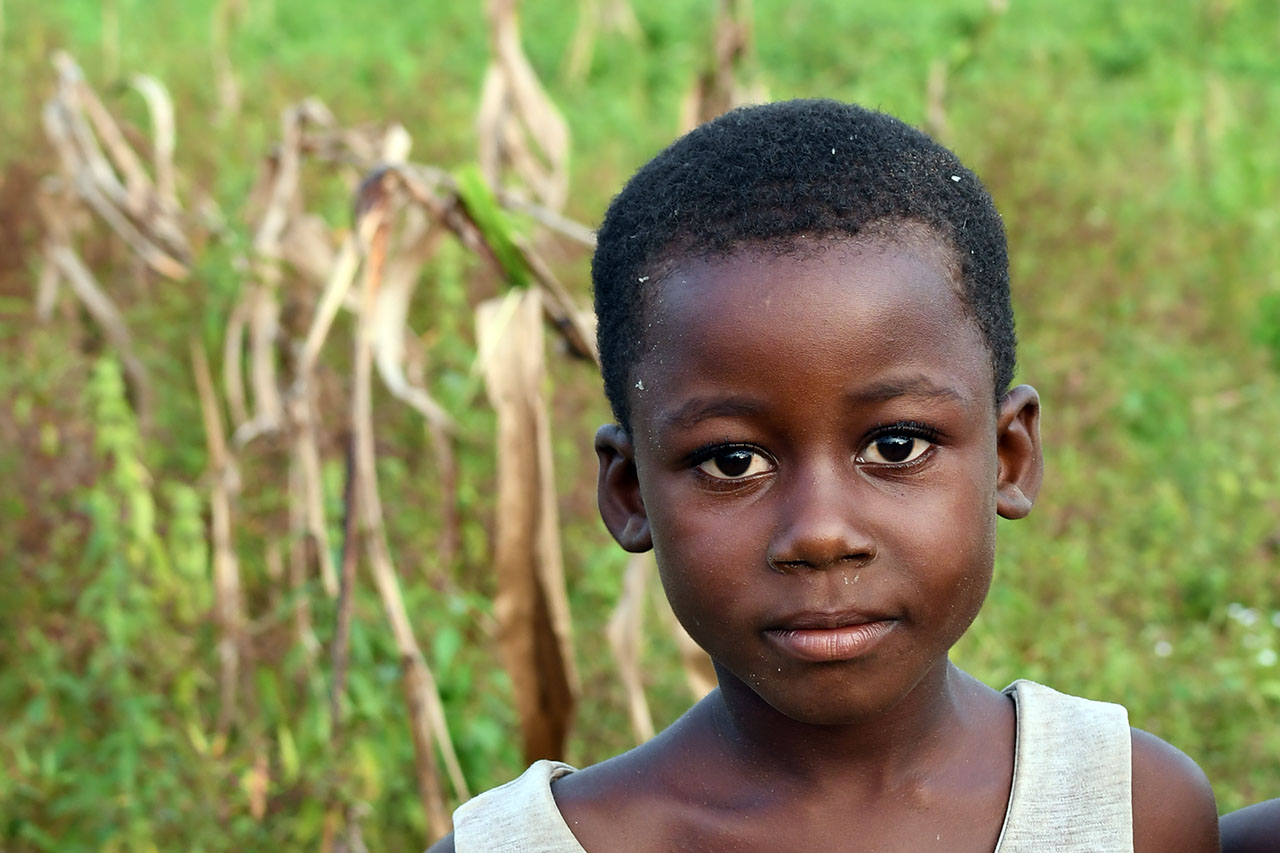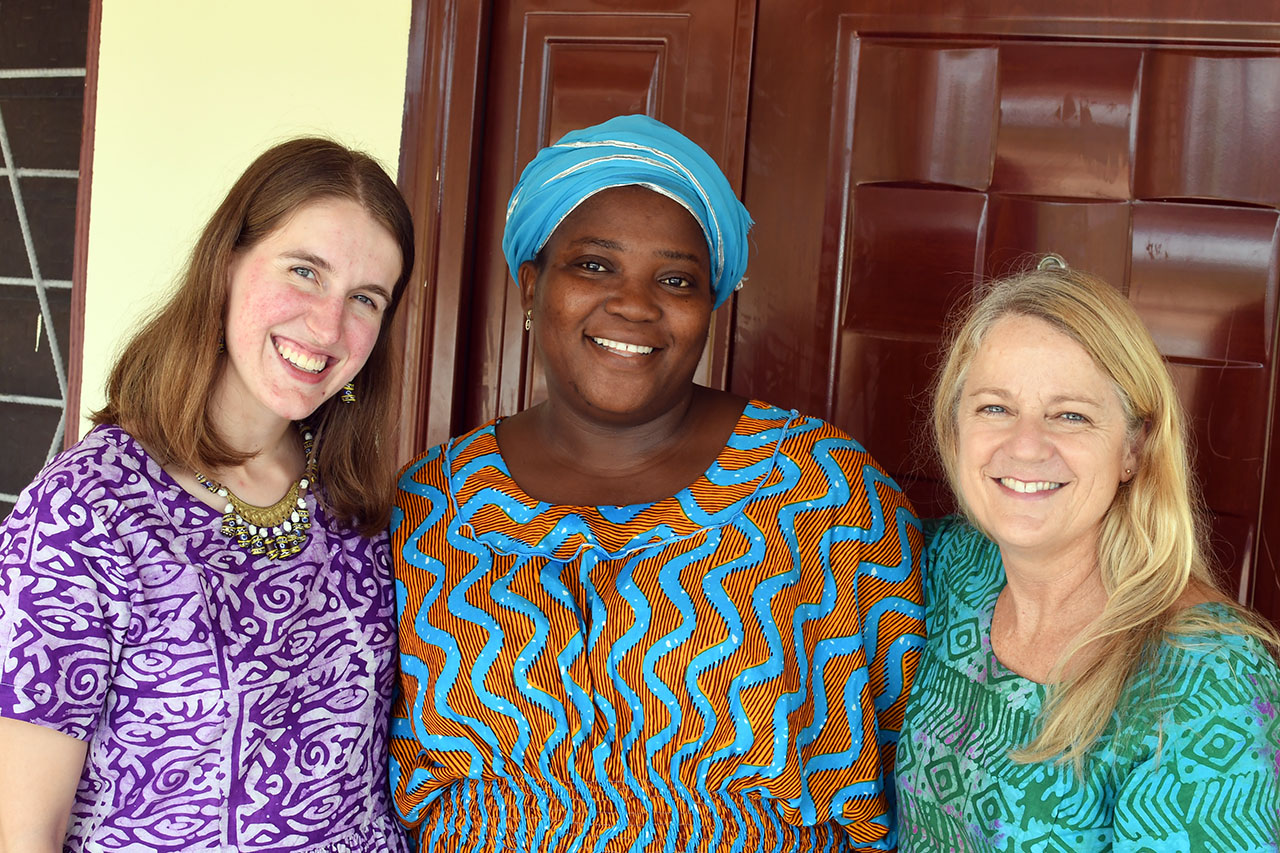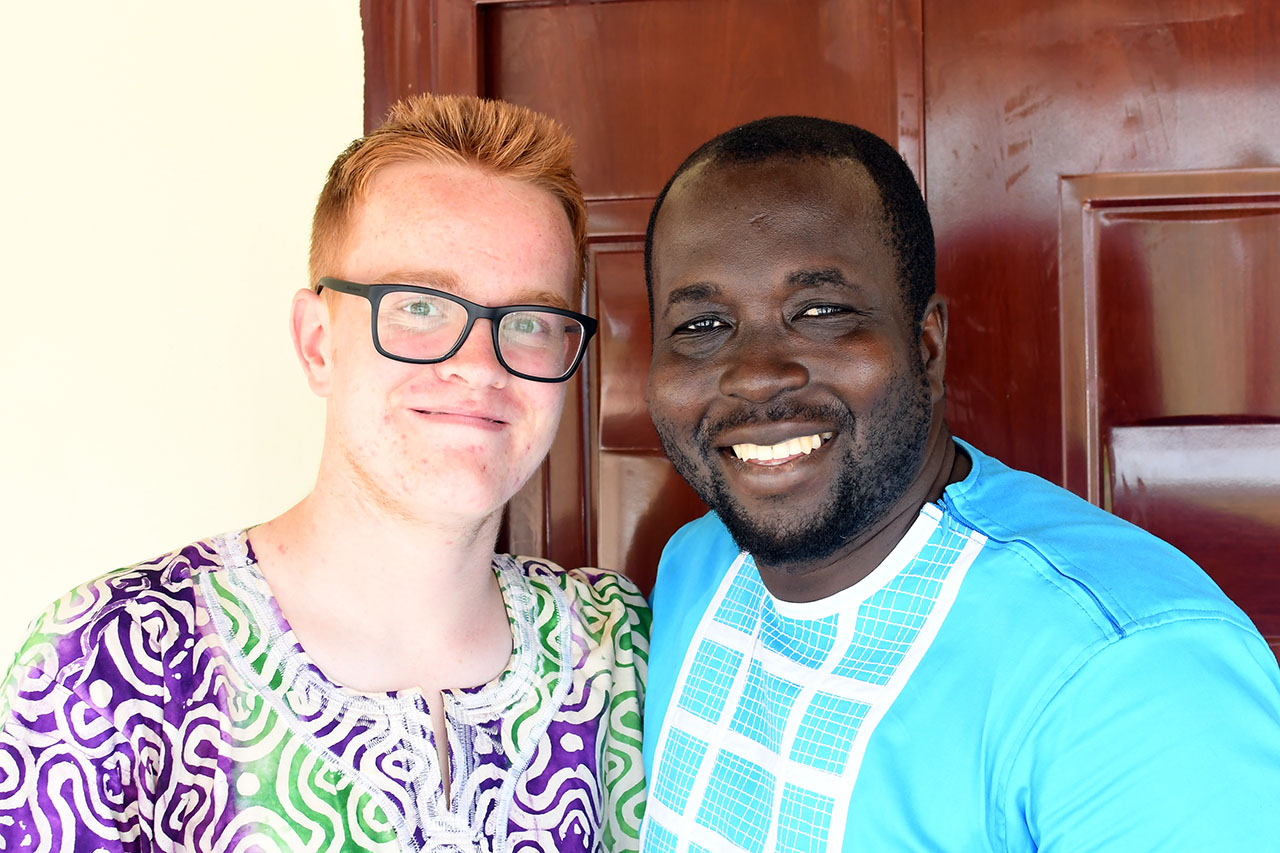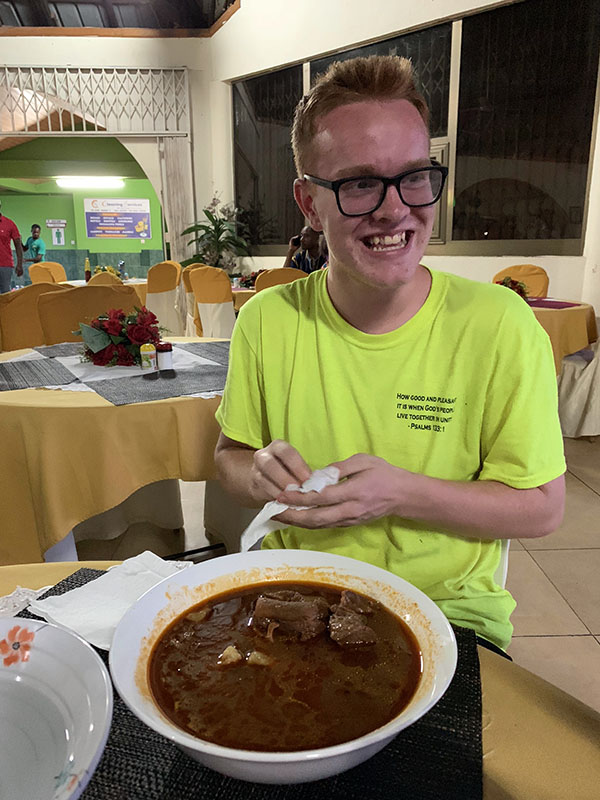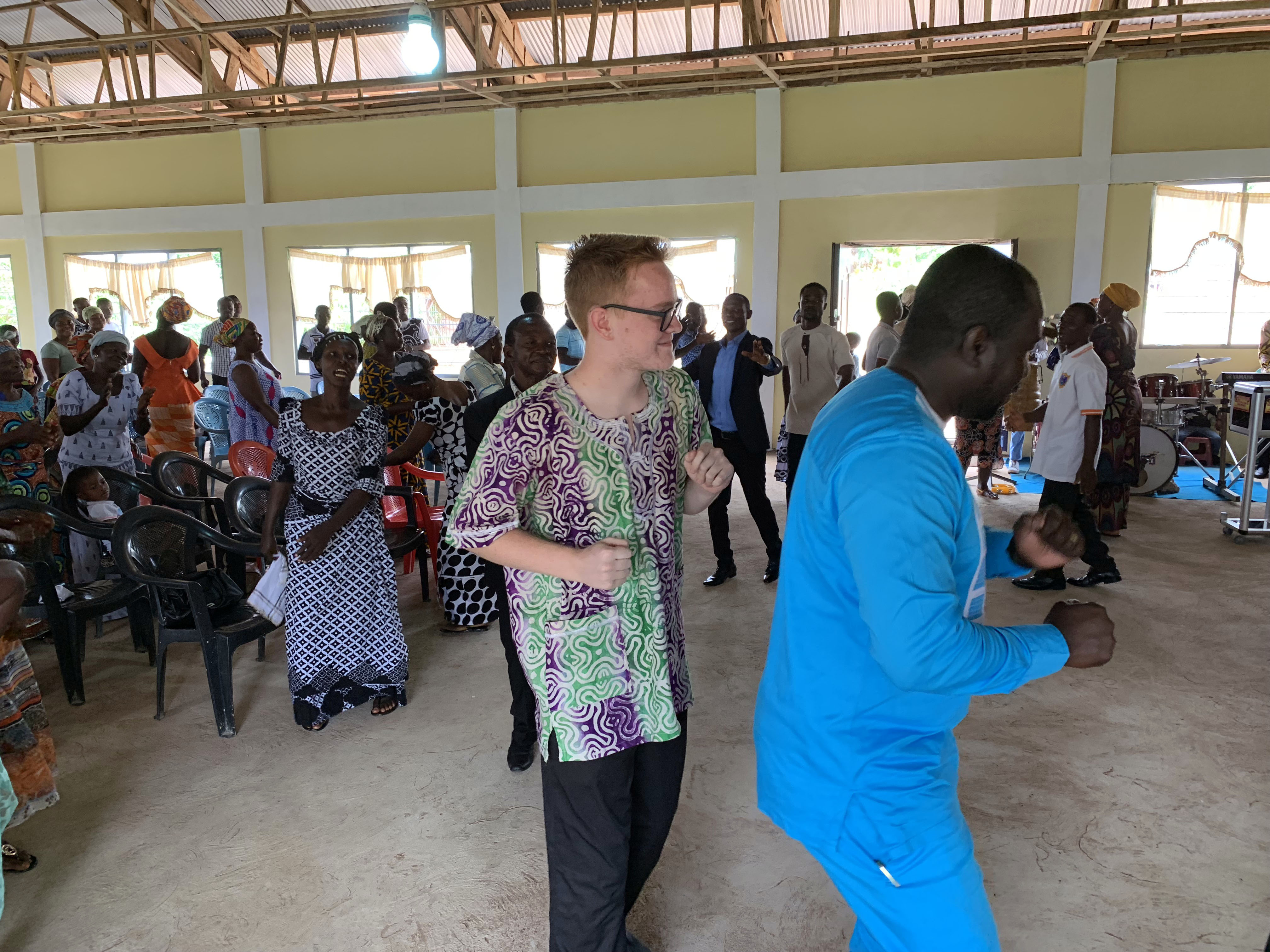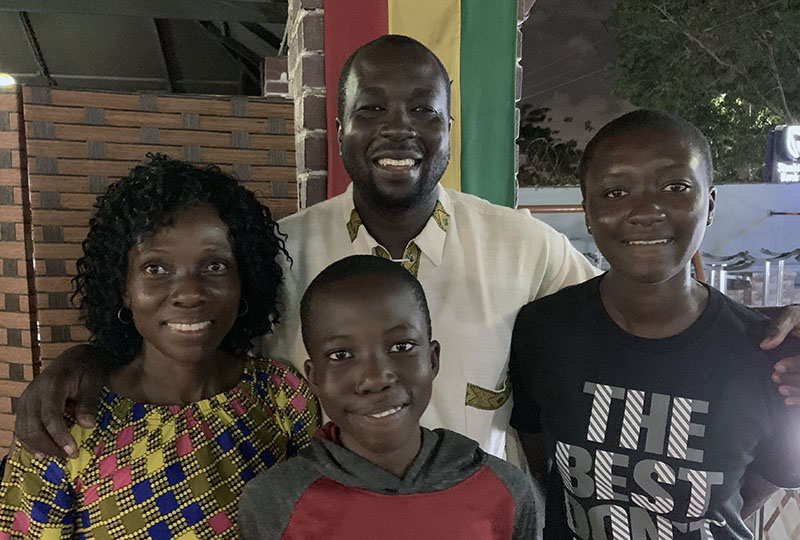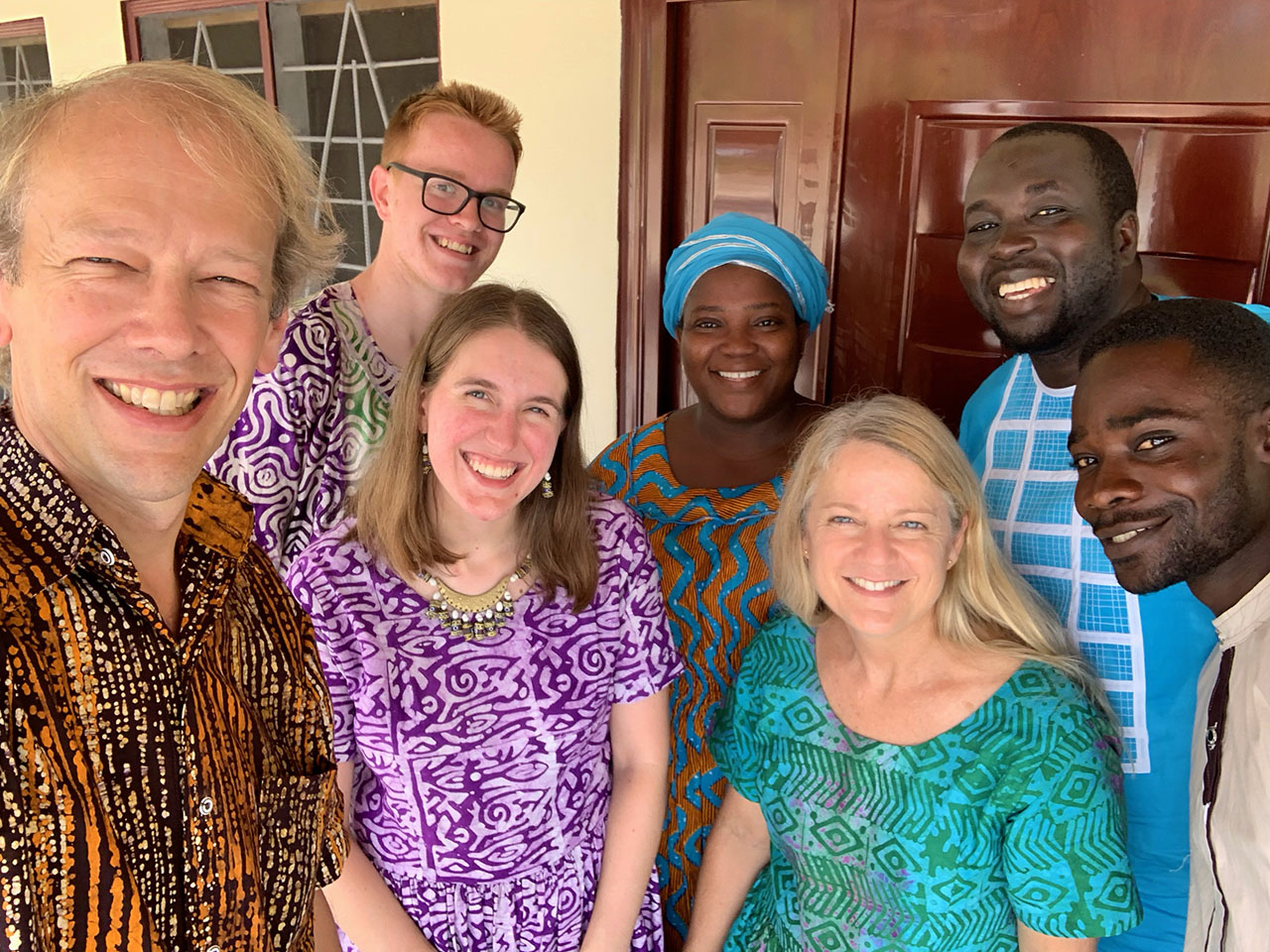Tuesday was our last day recording in Bunkpurugu. Our small team was working well together. Our USB Cords, power strips, tripods, computers, and cameras were quickly setup. Several ladies arrived to tell their stories of faith, followed by the community health technician who present material that we recorded.
Daniel (who is 15 yrs old and chief chicken chaser and gear schlepper) wrote up a post for the blog on an iPad while bouncing along in the truck. It may have some typos. However, right now our Internet is 2G… we can hardly upload this text. I suggested maybe we upload using a smaller font, to reduce the data, but Kaitlyn and Beth rolled their eyes at me. The bandwidth is so low images and video will be uploaded when we get to town in a couple hours. Until then, enjoy Daniel’s description of his experience here in Africa.
Daniel:
Man, the first half of this trip has been quite an amazing experience! Sadly this morning we had to leave the city of Bunkpurugu, but that place is one that will definitely not be forgotten. All the people we were able to meet, and the animals that we interacted with, and the many events that we were able to attend have been so wonderful and I am so filled with joy that I was able to come on this trip and experience what Africa is really like. Everyone here is so welcoming and especially the believers are so happy just to be on this earth and able to serve the Lord no matter what they may be sacrificing to do so. Hearing all of the testimonies and stories that the kids, pastors, and women had to share was awesome and truly inspiring. Even though I may not be able to speak or understand their language, there were many moments during the recordings where I could know what the people were saying for two reasons. First because I was able to figure out that the word Yissa means Jesus. But more importantly I could know what they were saying based off of the passion and the joy that they were expressing when talking about how Jesus came into their lives and saved them or gave them a new purpose in life.
One thing that I have found specifically extraordinary is how passionate the people here are and how much they just want to go out and tell everyone about their lord and savior and also just to sing songs of praise and worship to Him every chance they get. Even in the exhortations and the testimonies of some of the pastors, they would either start or end with a song and while it may have been fun to hear it in their language, once they explained what the words meant then it really got to me and made me thing about how true what they said was. One of the pastors who is now retired, Reverend Jinjong, sang a beautiful song before giving his testimony and after singing it he explained what it translated to and what that meant for people in Northern Africa. He explained to us that the song talked about sacrifices, and how for many people in the Bimoba people group think that sacrificing goats or chickens or other animals like that is how they are able to be saved, but the song says that none of those sacrifices can do anything for you. The only real sacrifice that will do anything for you is the sacrifice that Jesus made when he gave up his life on the cross for everyone on earth fully out of the love that he has for us. And when he explained that to us I really started to think about how true that is and the significance of the sacrifice that he made.
Another thing that was really encouraging to me that I heard during the recordings was the effect that saying all the stories and testimonies had on the people. Many of the younger kids and the women were very shy when they first came up to the mic to record. But once they started talking, they went from slouching with their hands folded in front of them and talking quietly, to standing up boldly waving their arms and exclaiming the great stories that they had prepared for us. And even in a few of the songs that the choir was singing, when the kids had started singing, I didn’t think that they could get any more energetic and joyful, but once they got into the songs they were dancing and singing even louder and the smiles on their faces were like none that I’ve ever seen. And simply seeing those people praise God and be so happy while doing it made me extremely happy. It also made me think some about how amazing it is that even though the people here and the people back home in America are thousands of miles apart and in completely different cultures, we are still able to praise the same, one true God and serve him with everything we do in our lives.
One last thing that I have really enjoyed is getting to experience the culture because it is MUCH different than in America. Literally everywhere you go here you can find at least three different types of animals and most of the time many more than that. Even in our church service there were animals coming in and clucking to the music. There was one time yesterday in the afternoon when we were able to see a man walking with what seemed like 30 cattle right past the missions house that we ate most of our meals in. And speaking of meals, this trip is the first time that I have been able to witness the slaughtering of an animal and then eat it two hours later. There were two guinea fowl that were slaughtered for dinner and the first one was mostly cooperative with it being killed but the second one ran away and was so close to escaping until one of the boys, who was surprisingly fast and agile, caught it and brought it back to be killed. I also found out after the little girl had killed the birds that those were only the third and fourth birds that she had slaughtered in her life. Another part of the culture that I loved getting to experience was just the hospitality and friendliness of everyone in Bunkpurugu even those who had no idea who we were or what we were doing. Everyone that we went past would say good morning or good afternoon and smile at us. And no mater who it was, they would always say “you are welcome”. Even the retired pastor when we went to his house to see his pigs, he wanted us to come into his home and meet his “honey” and they made sure that we were comfortable and had a place to sit. The last thing I was able to experience was riding on the motorcycles that the Jesus Film riders used. I got to ride with Christian twice and he showed me how to drive it but sadly I wasn’t able to actually drive it anywhere.
Sorry for such a long post but even all of this barely covers what this trip has been like and how awesome it is to be here.
Your favorite Ginga Ninja,
Daniel

